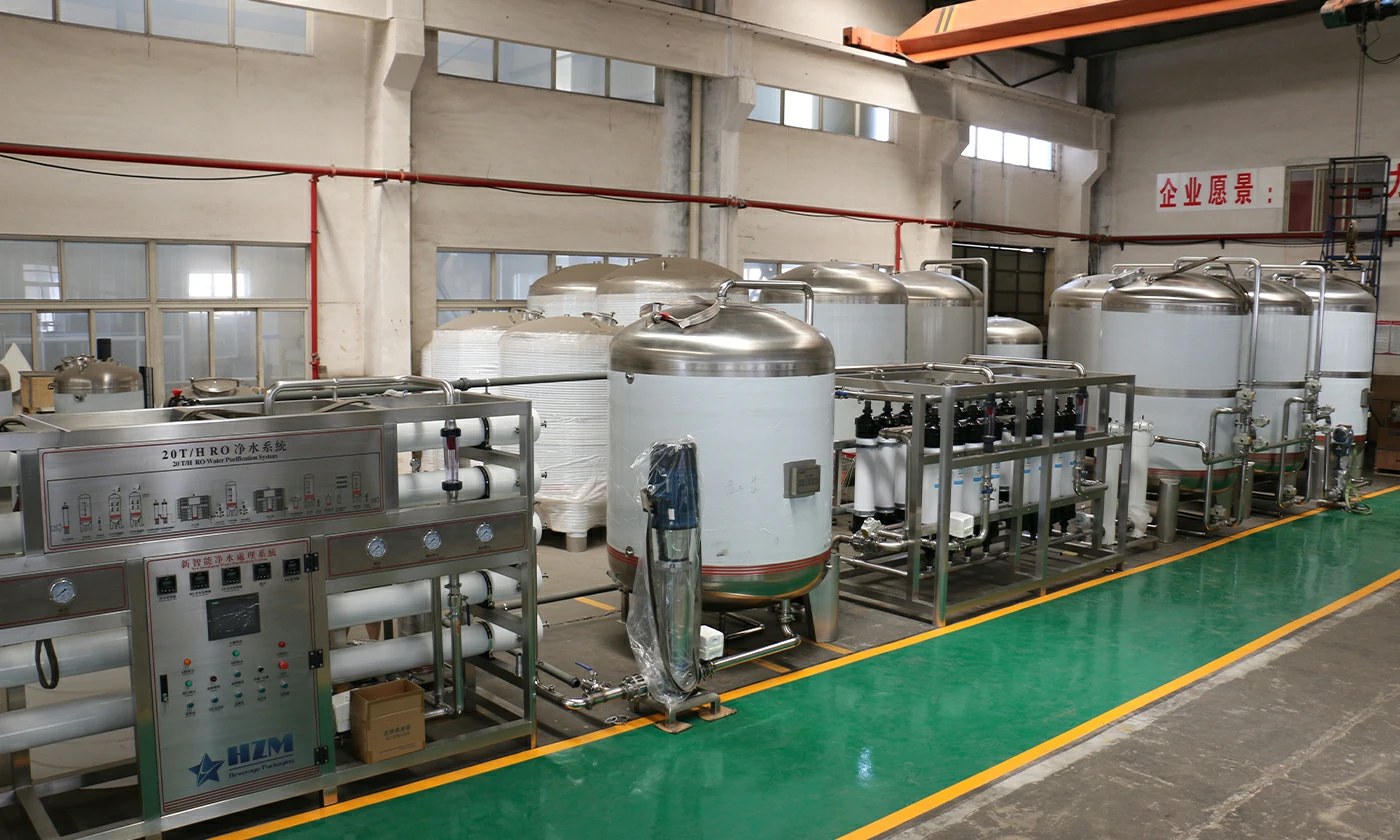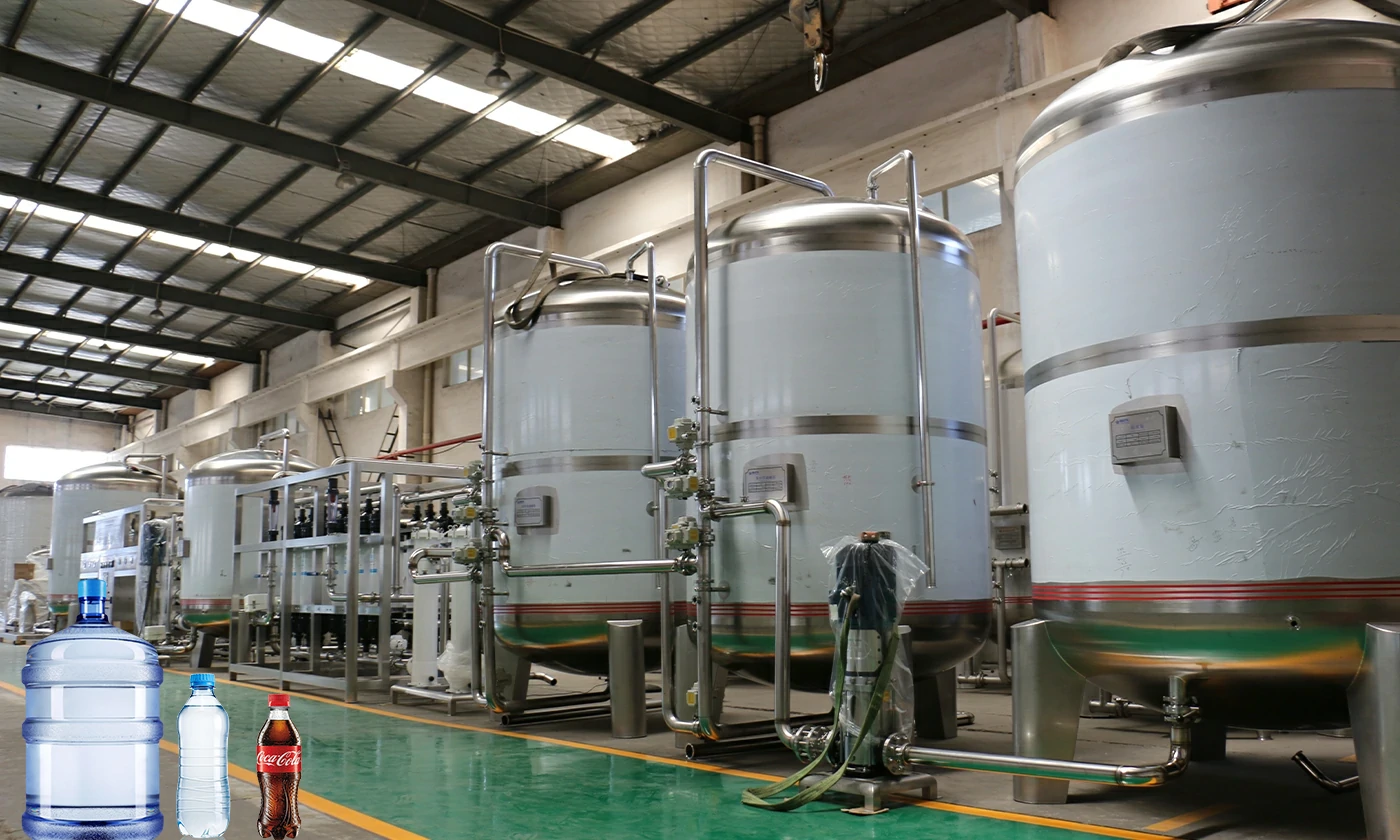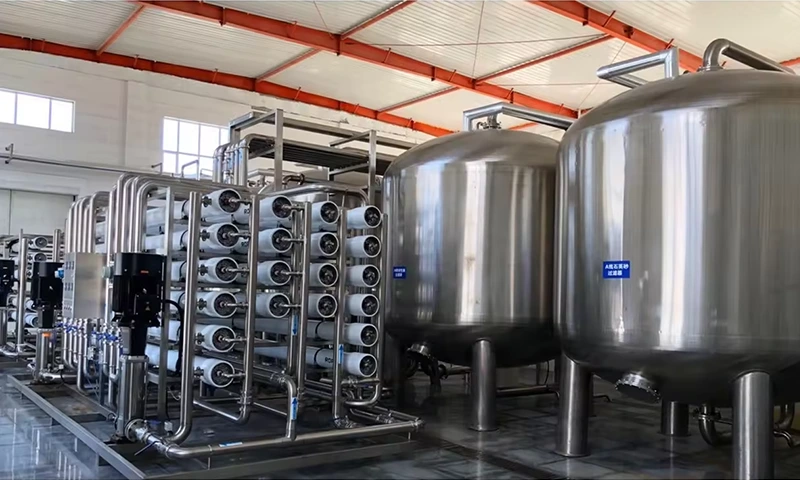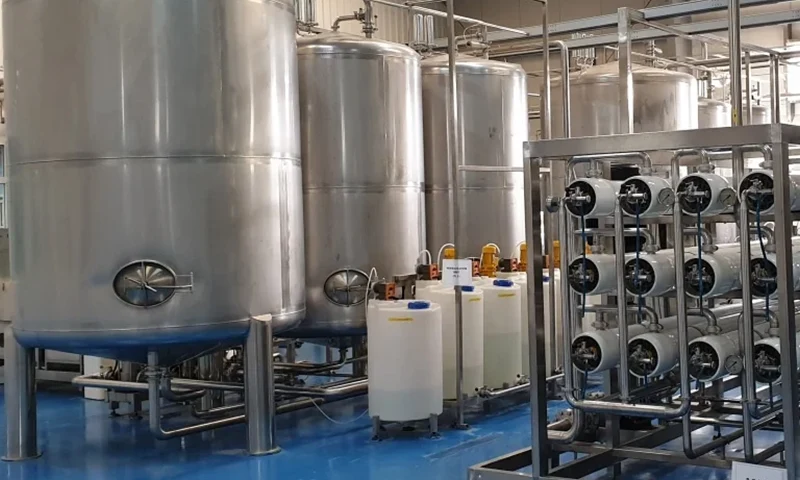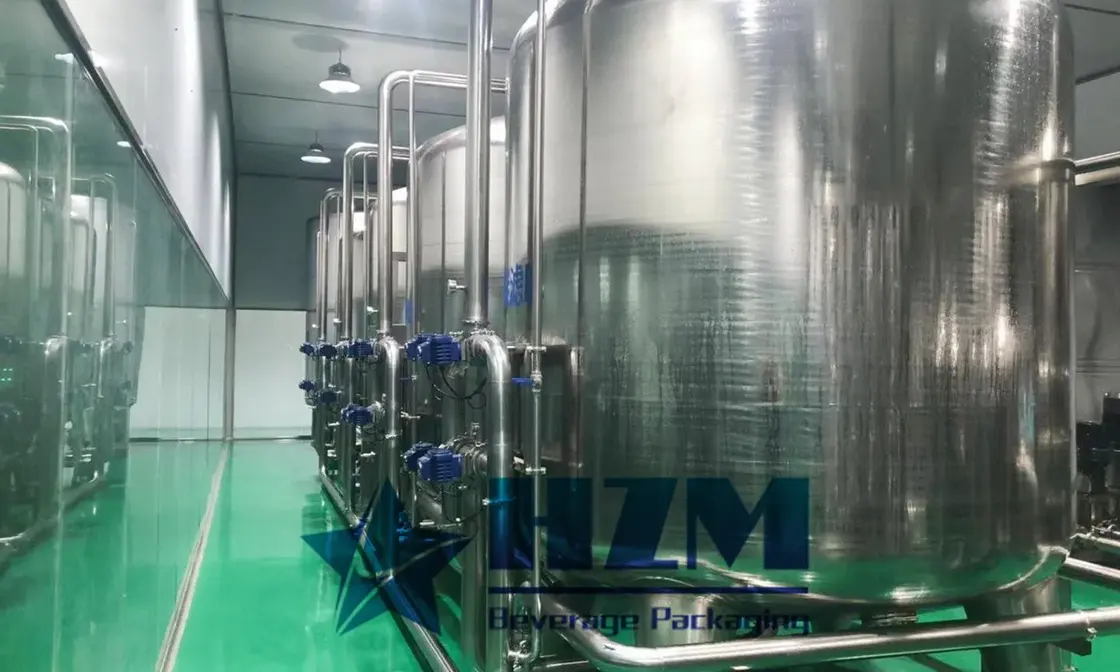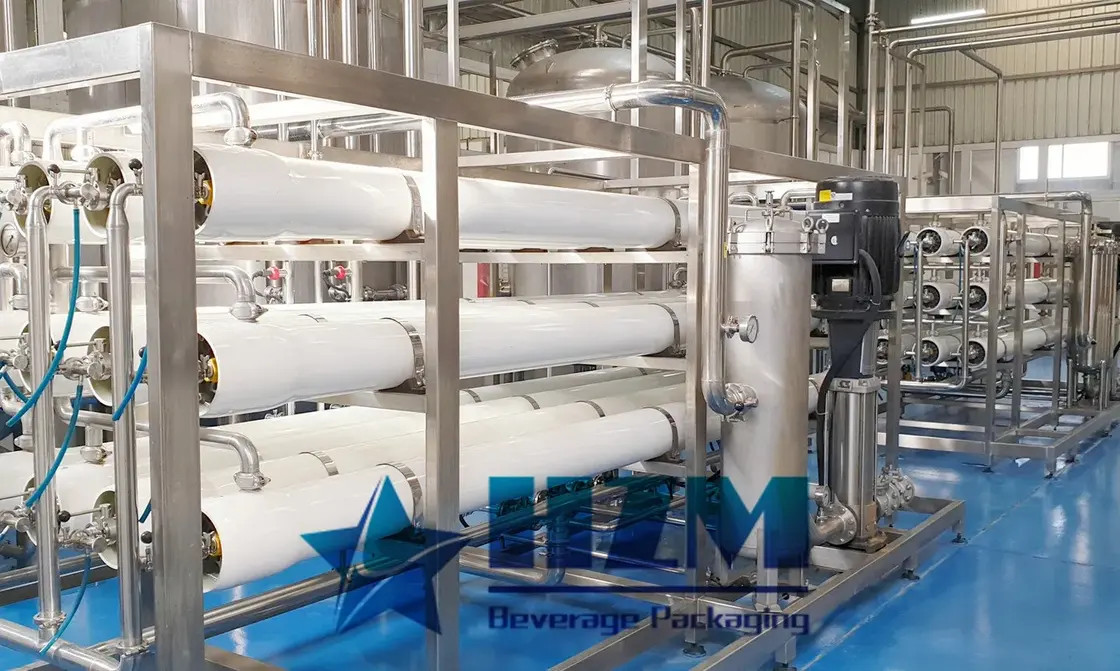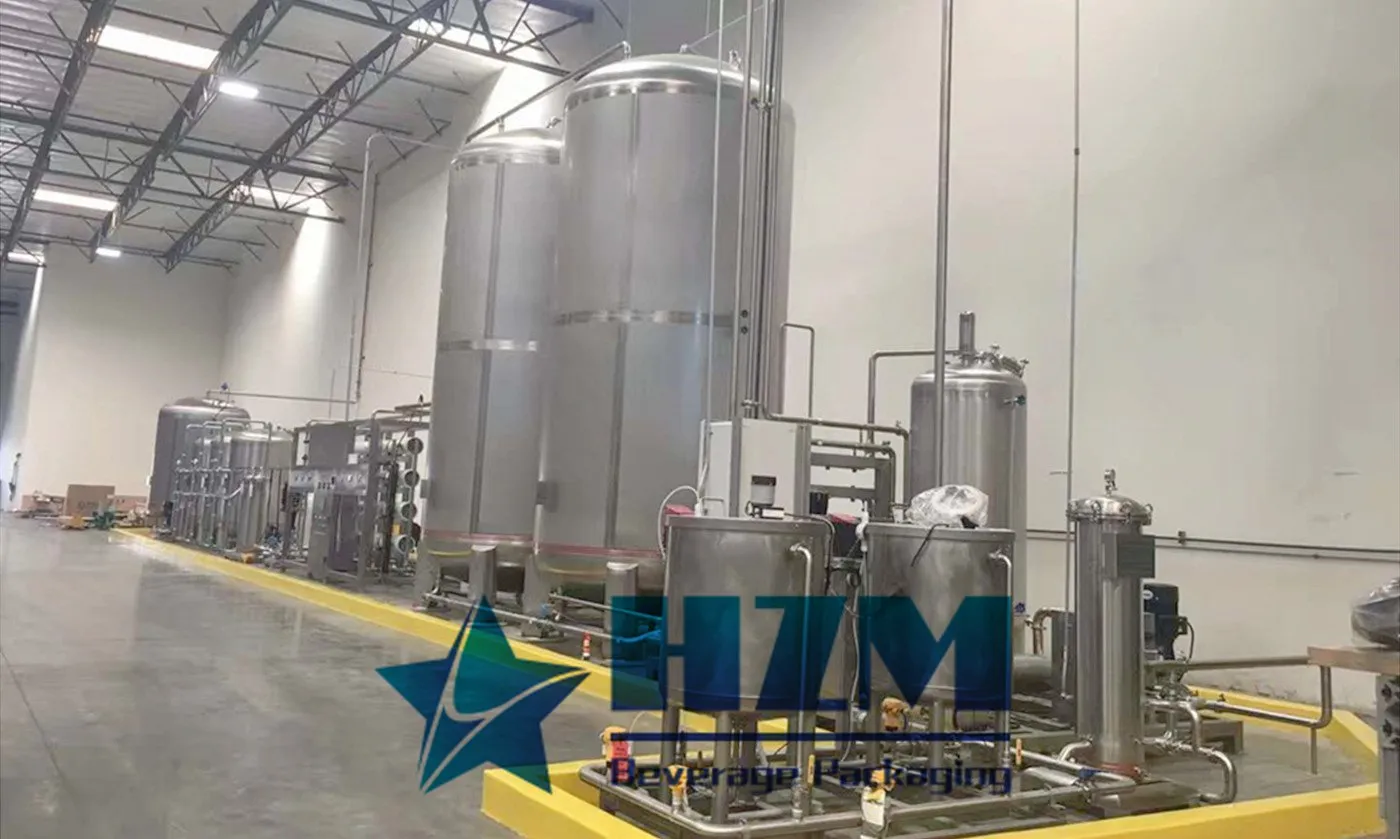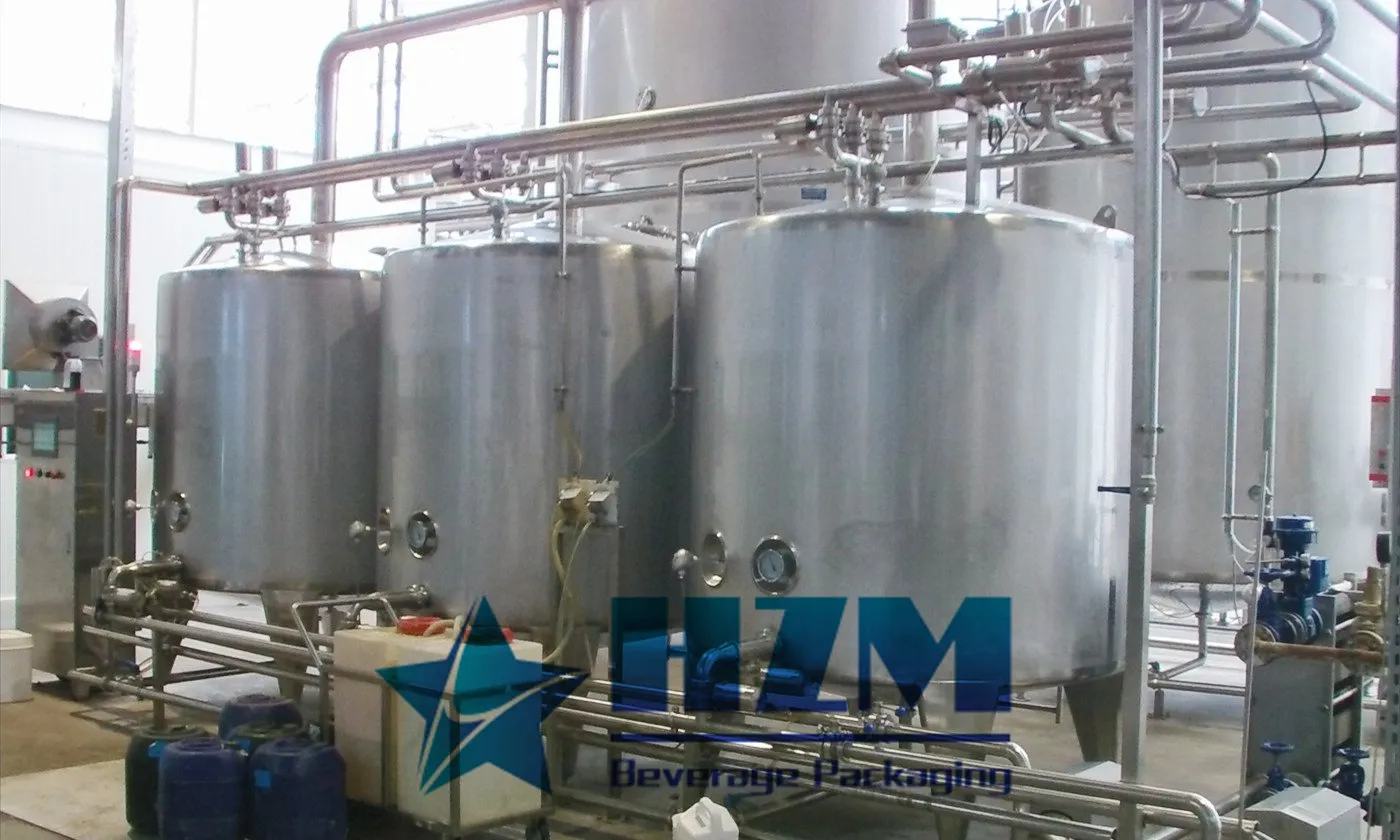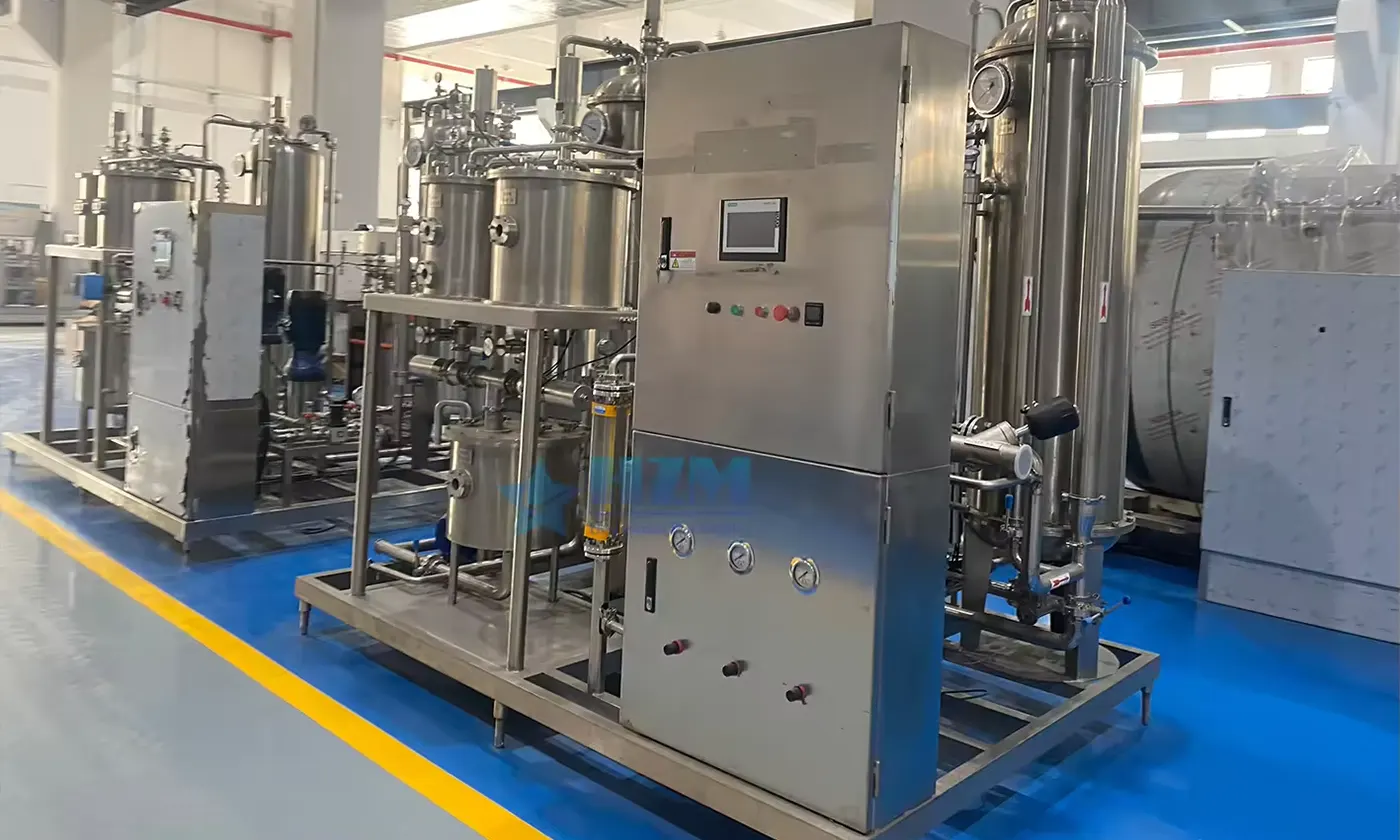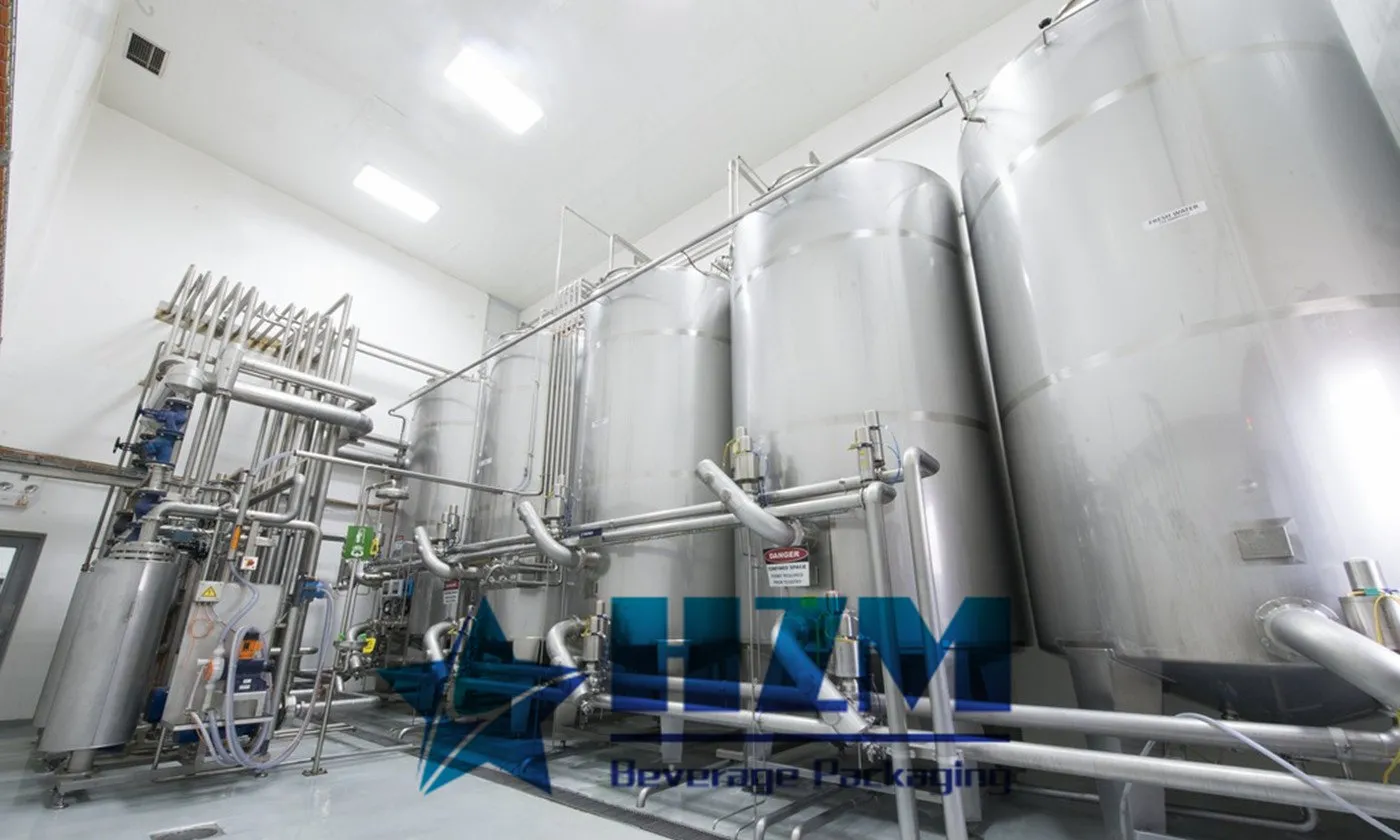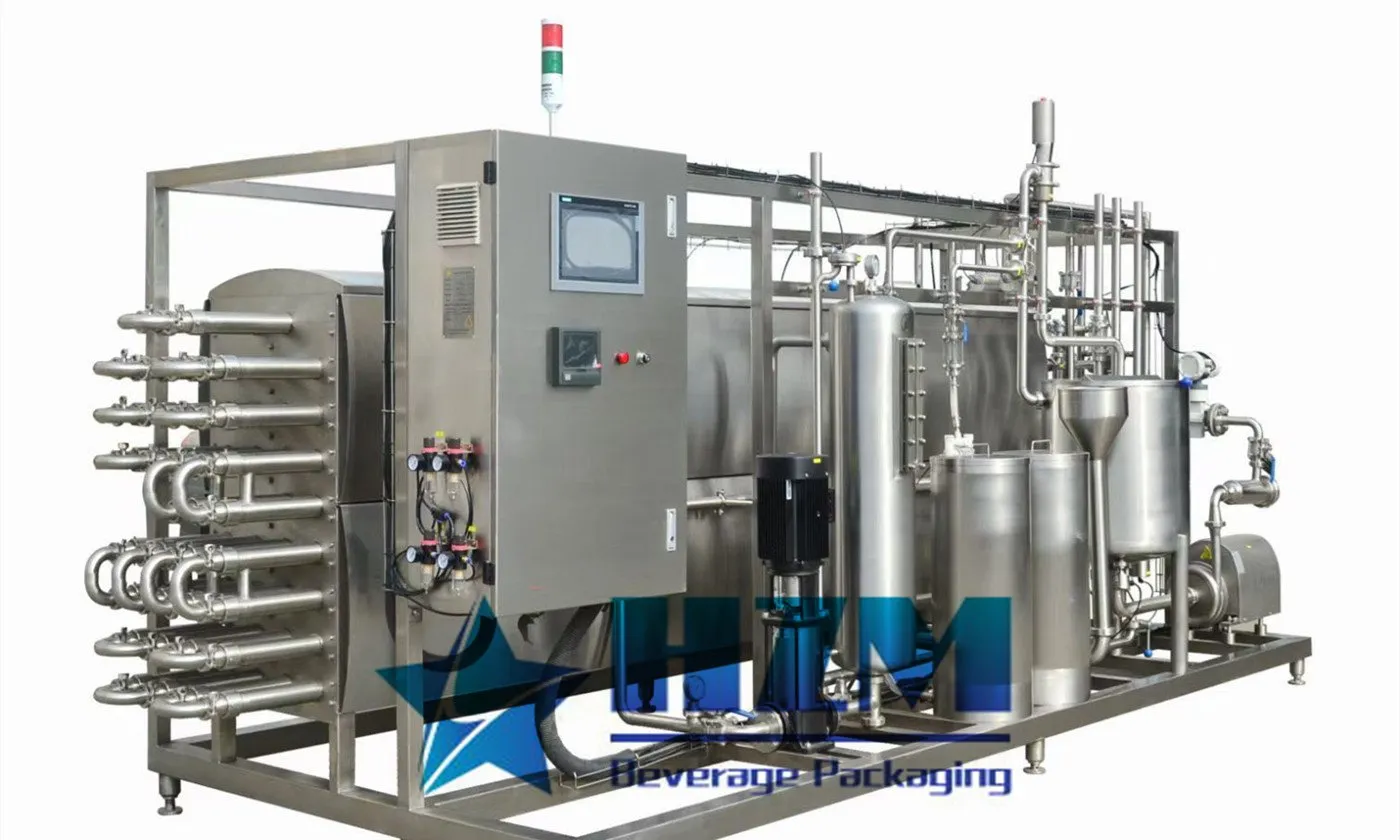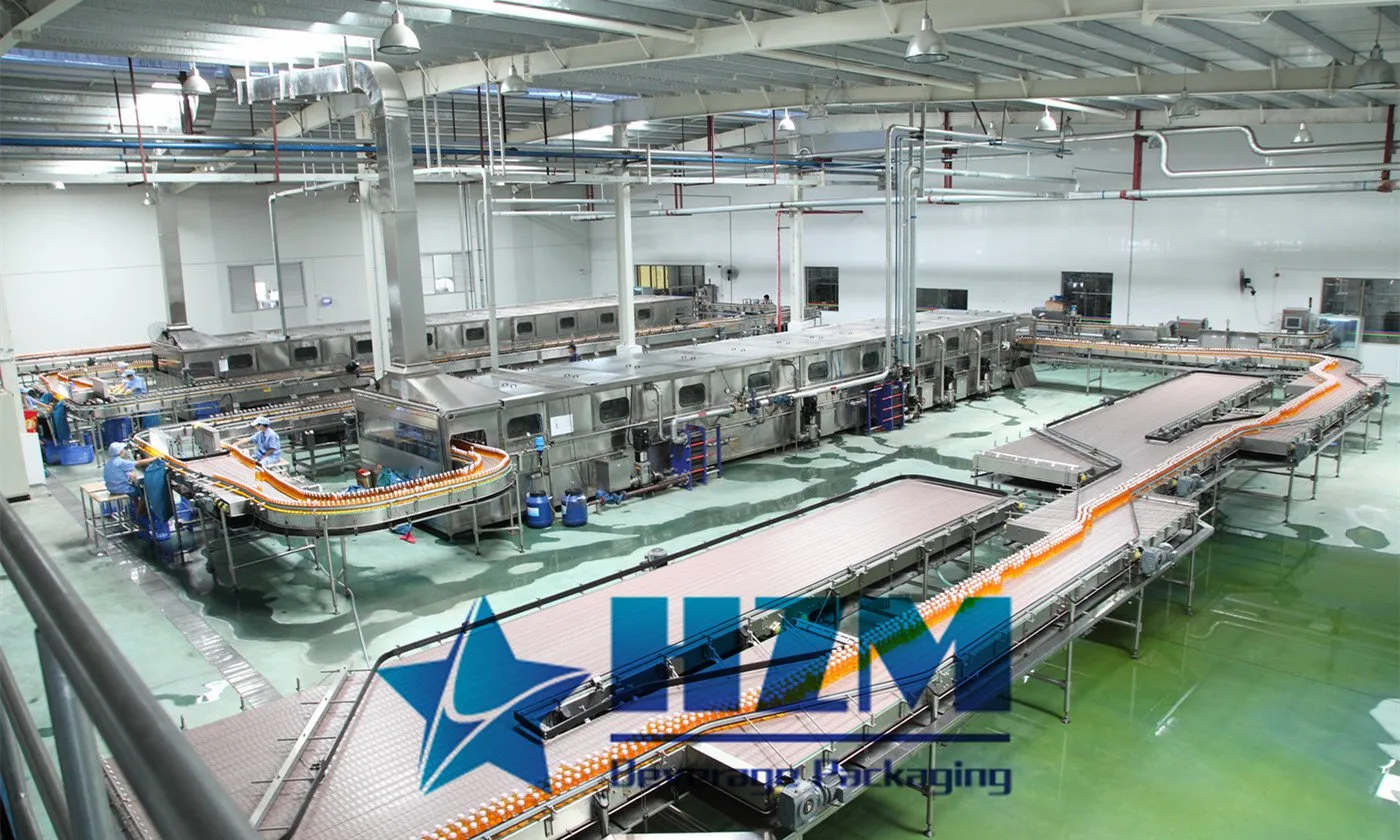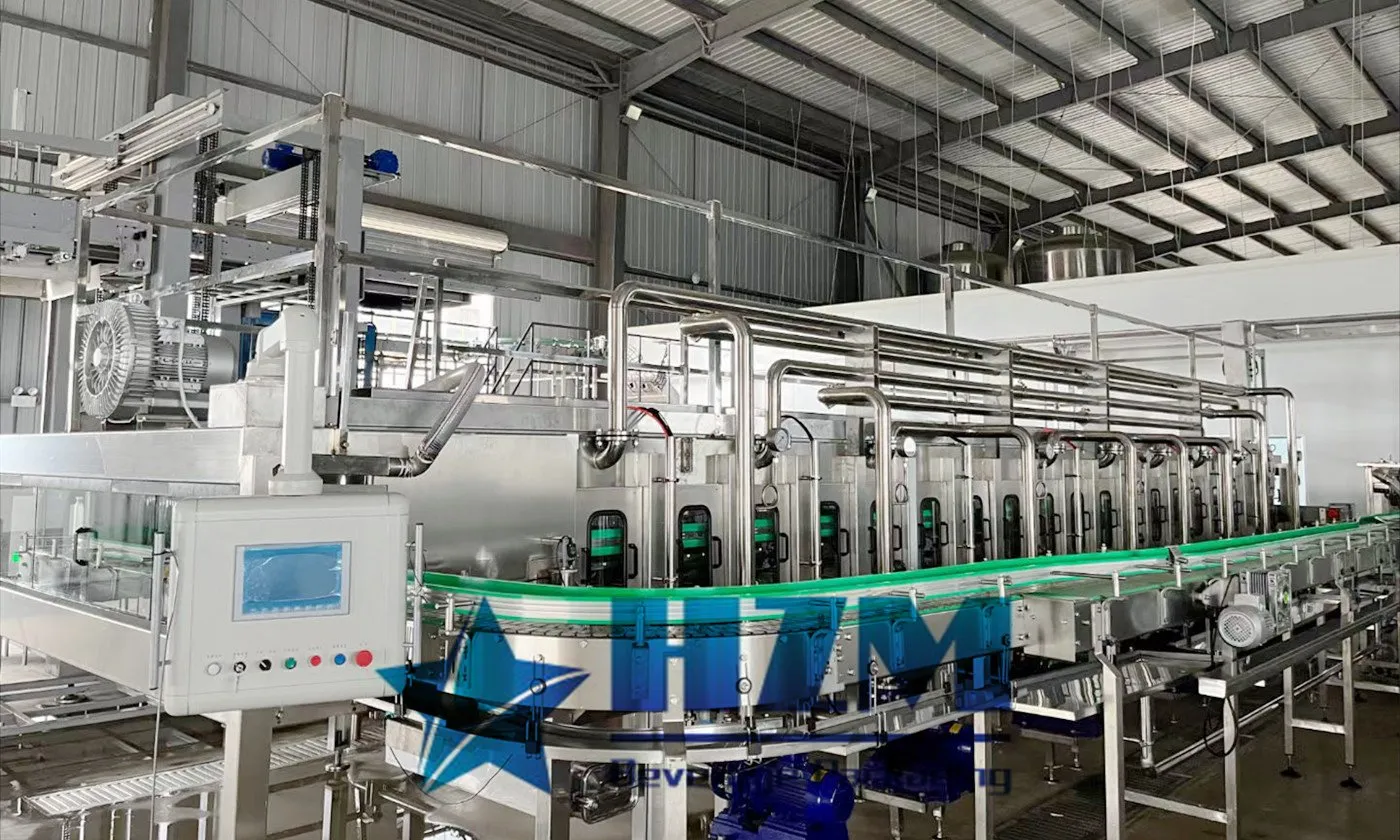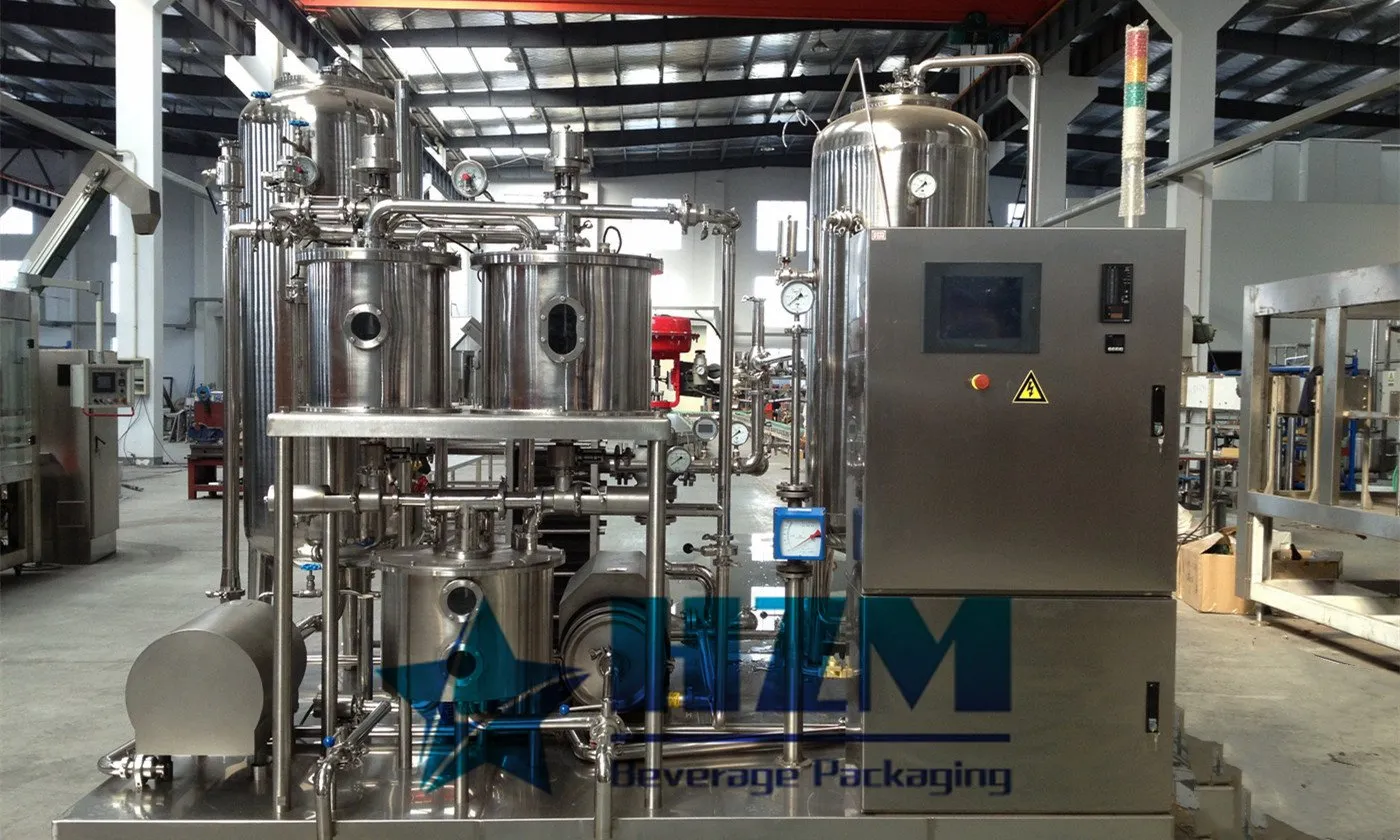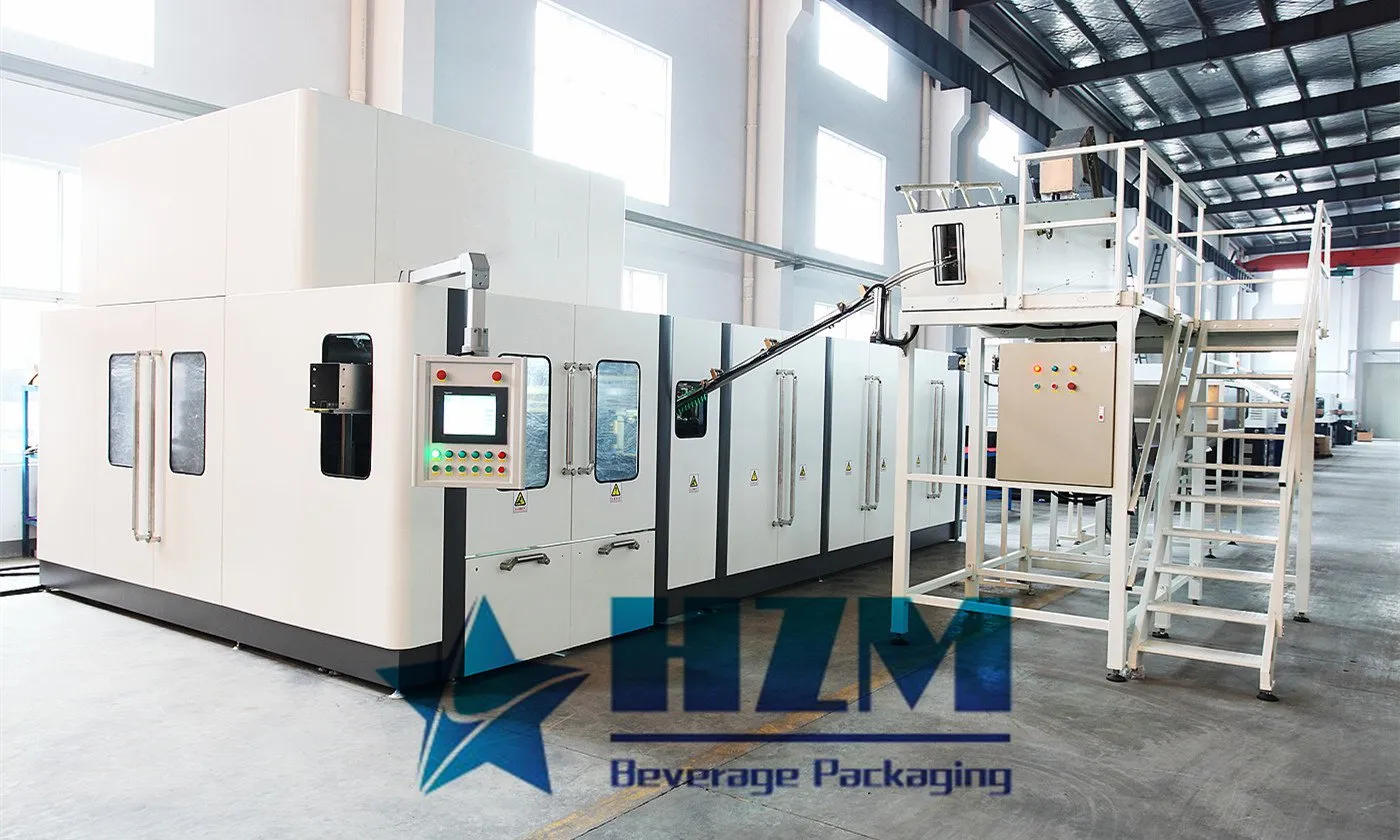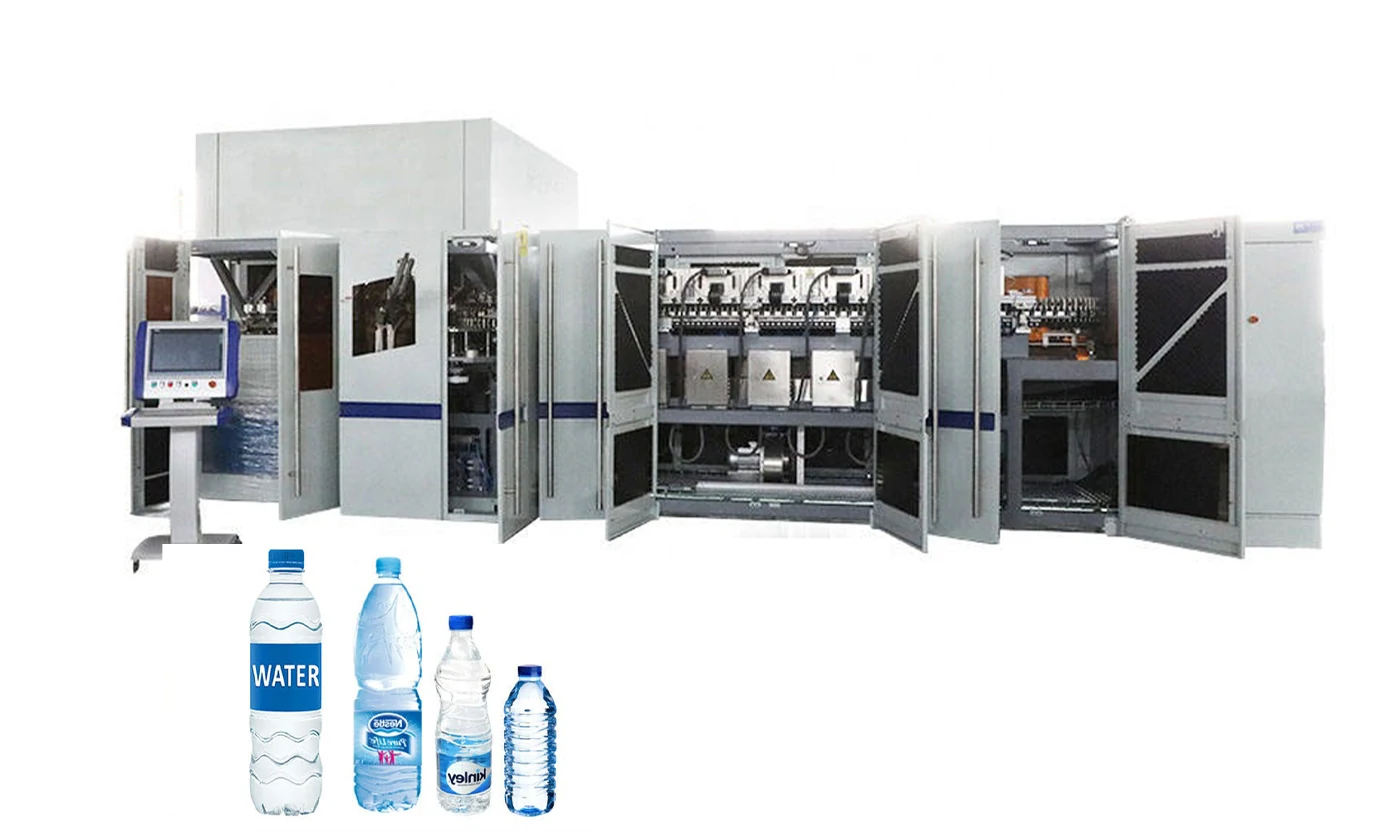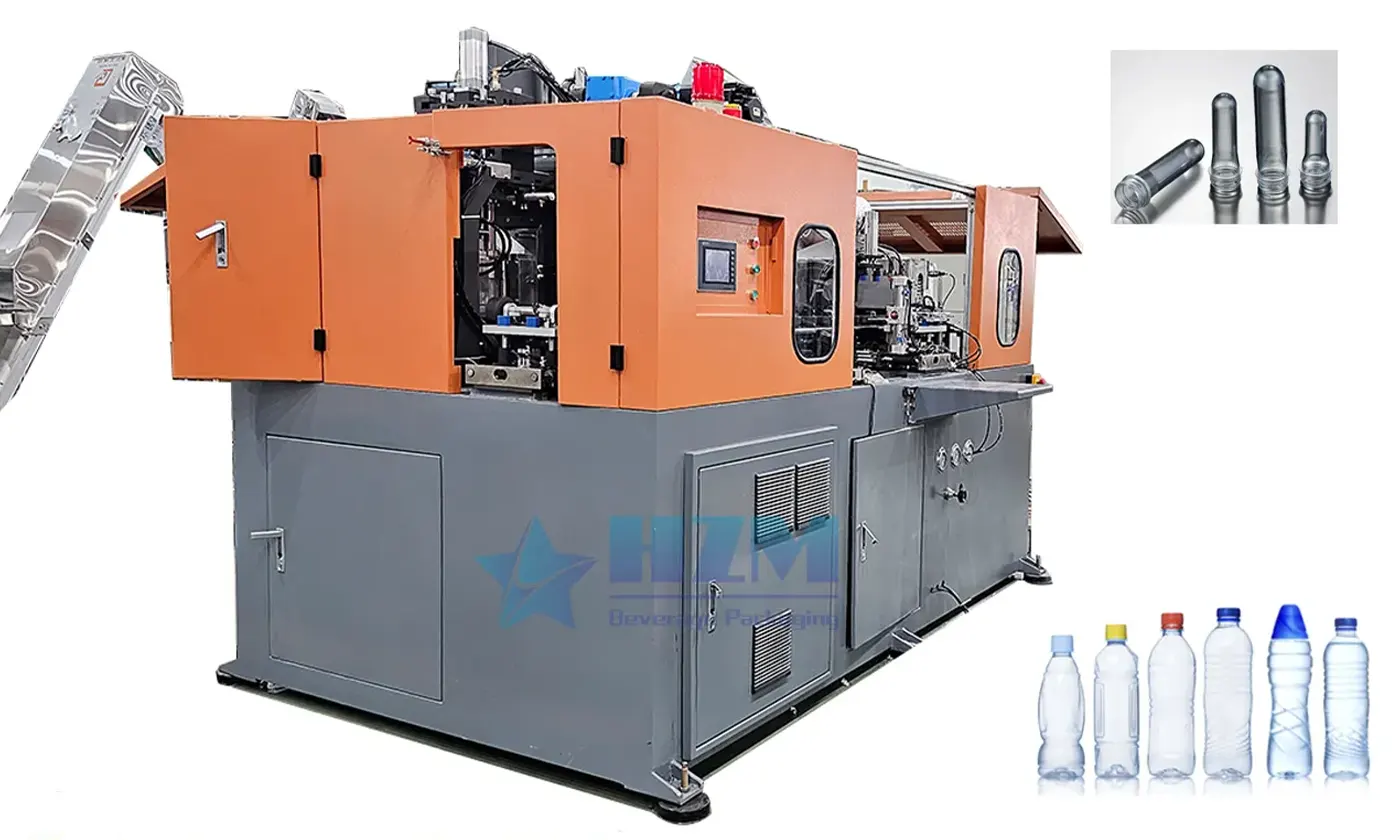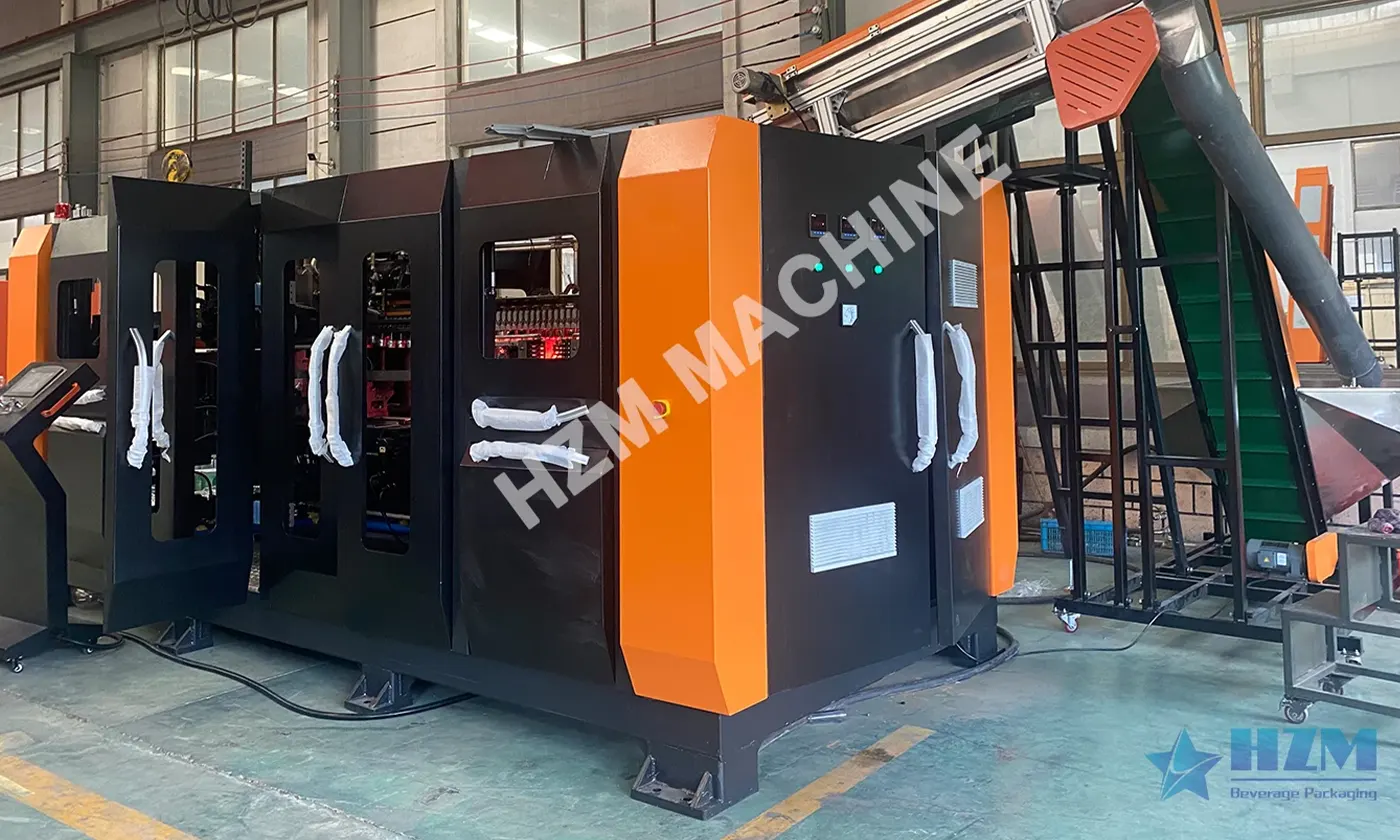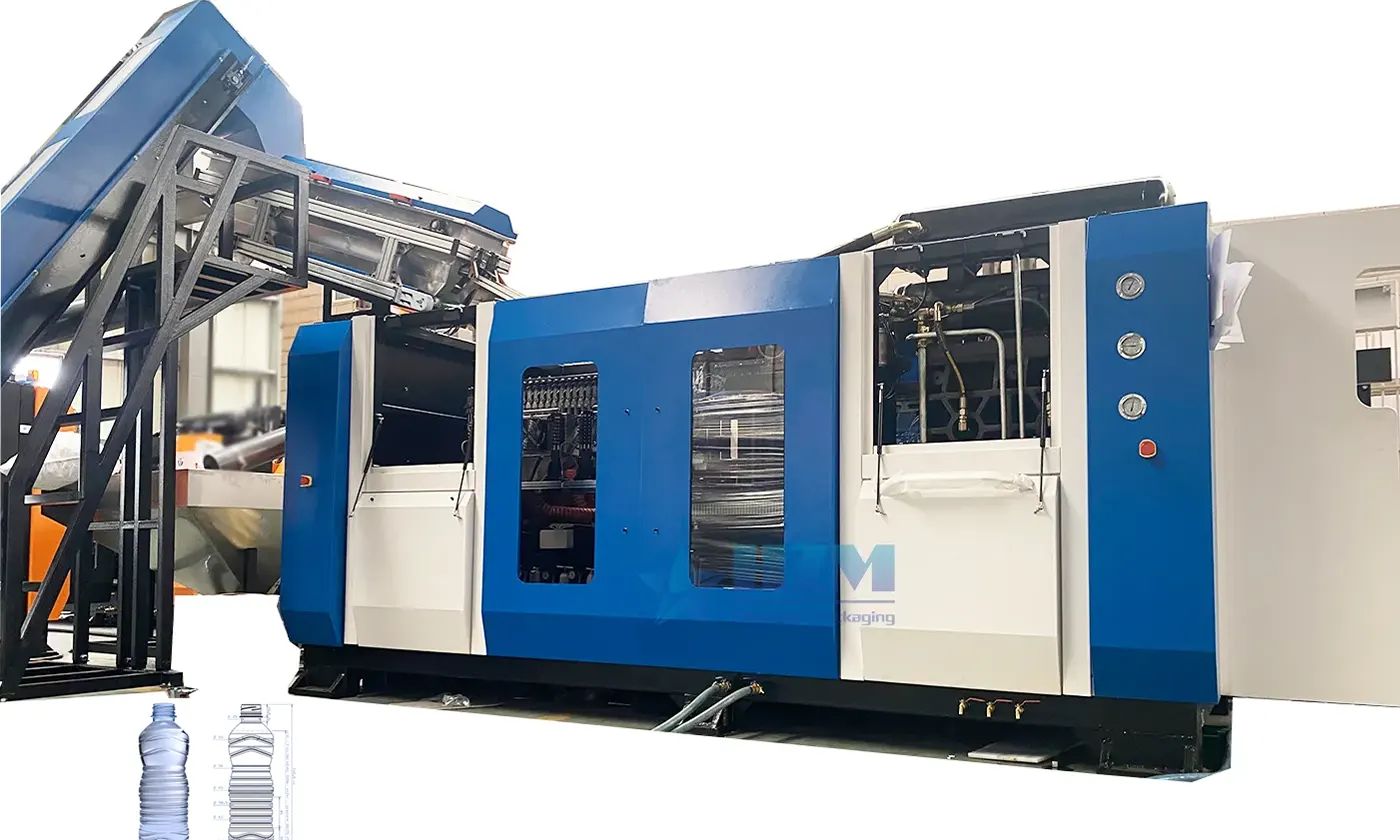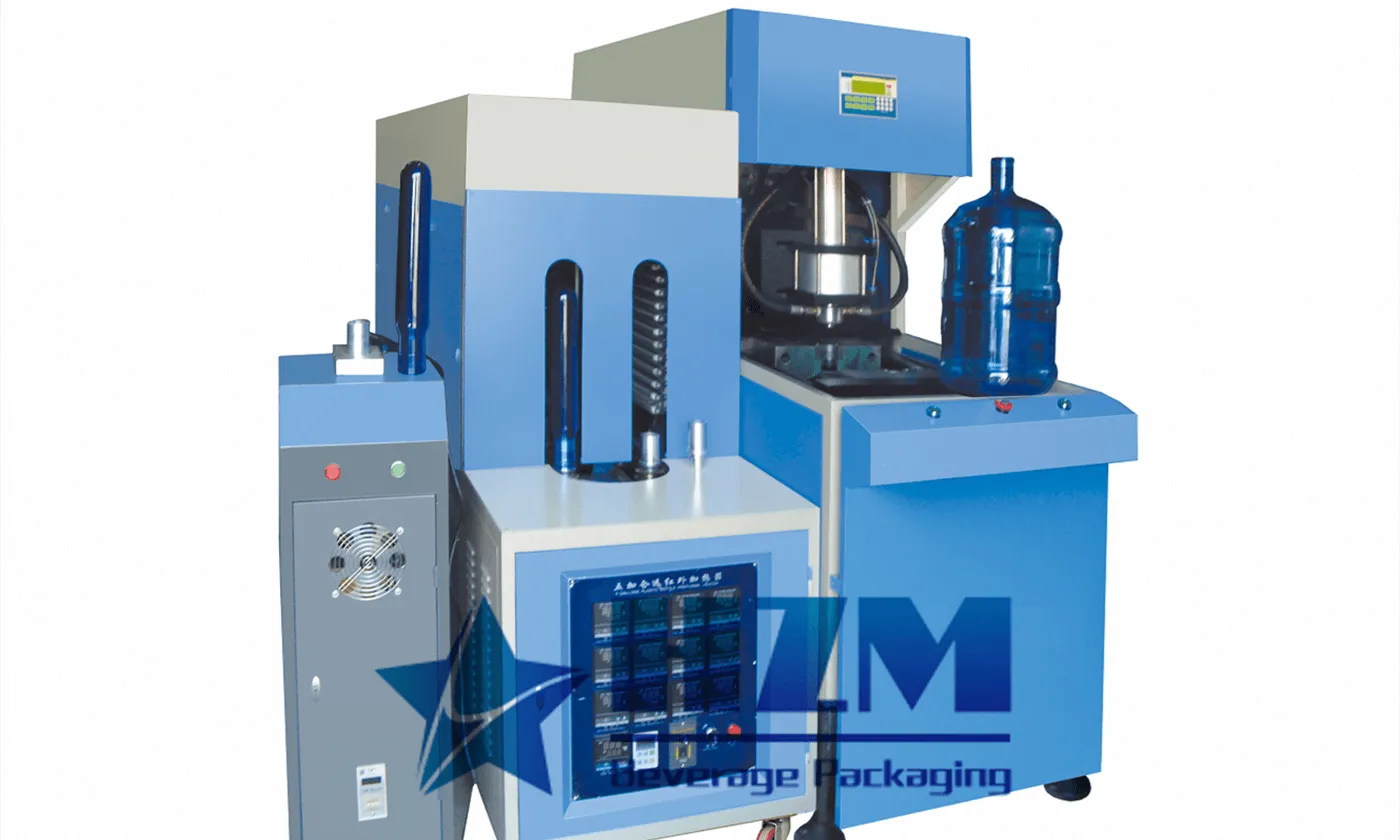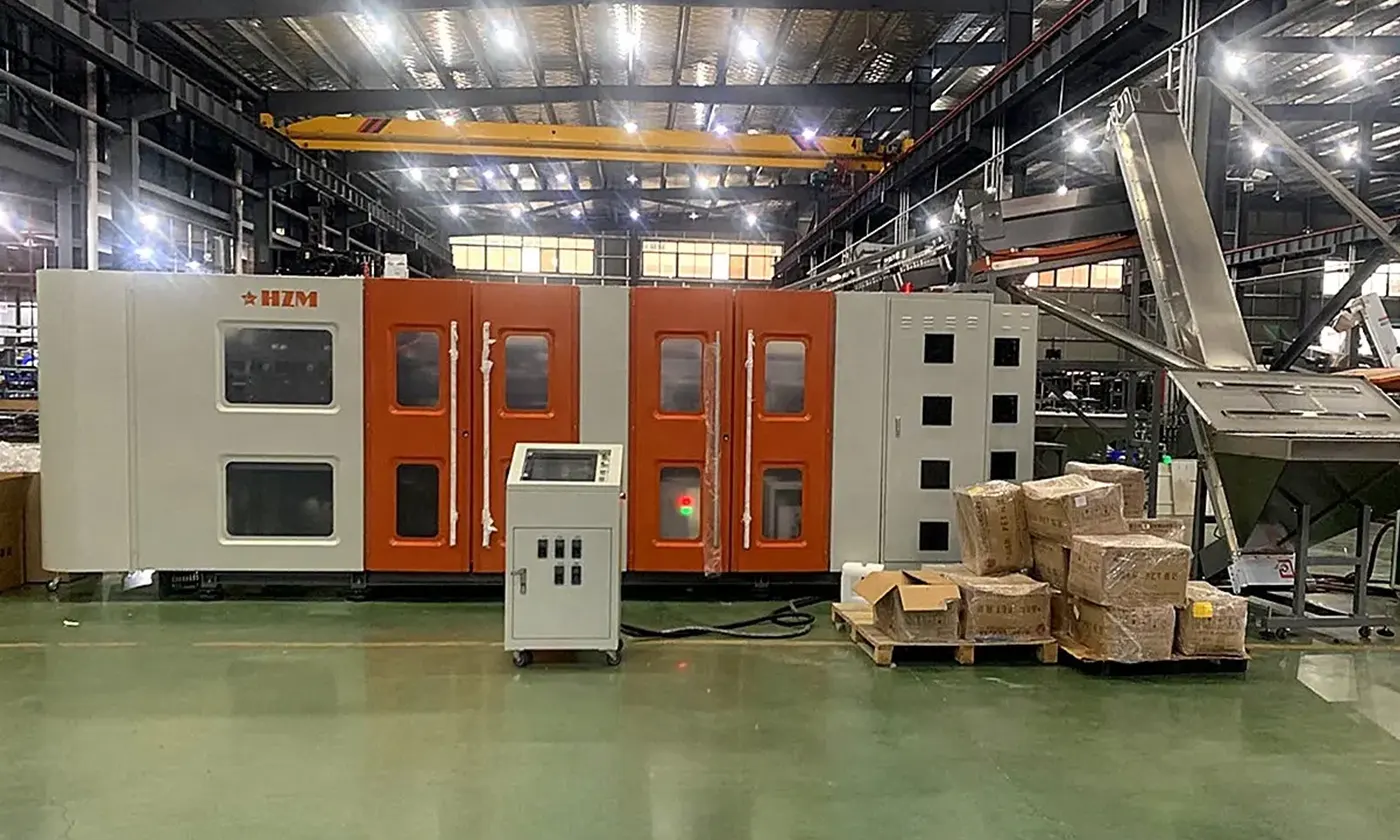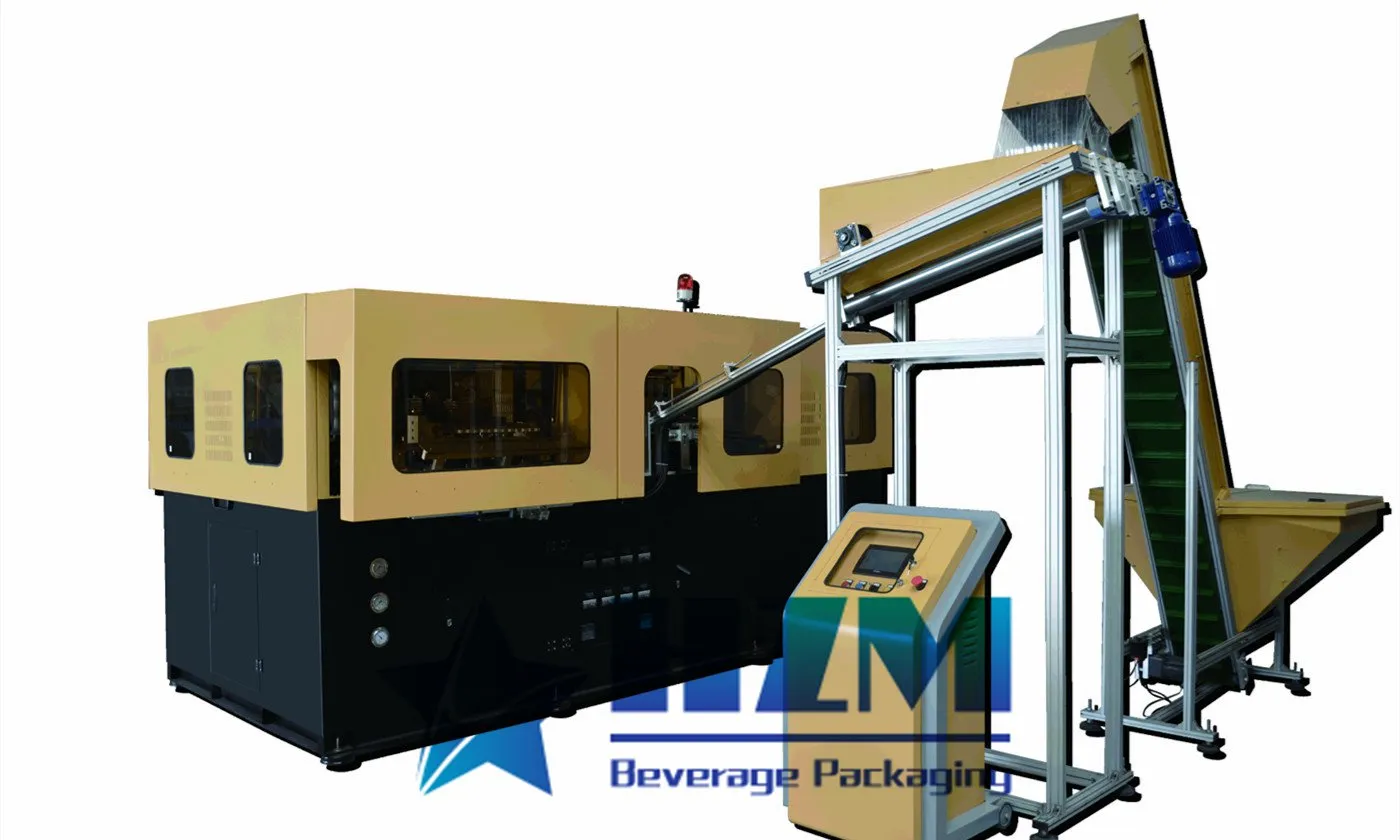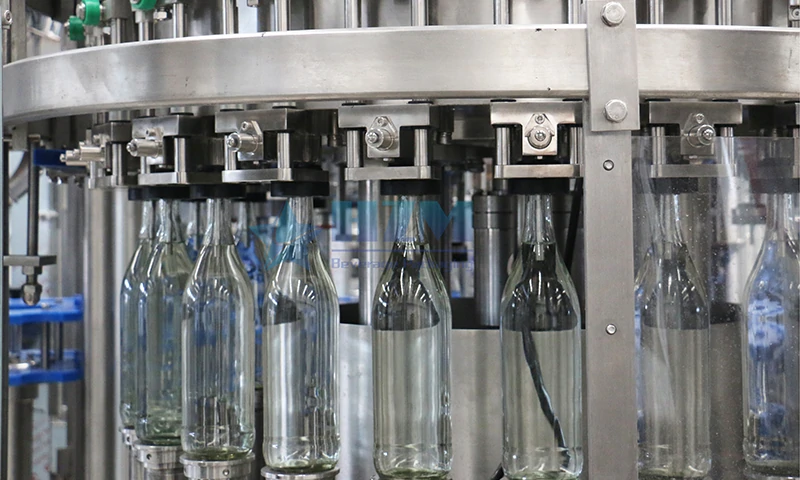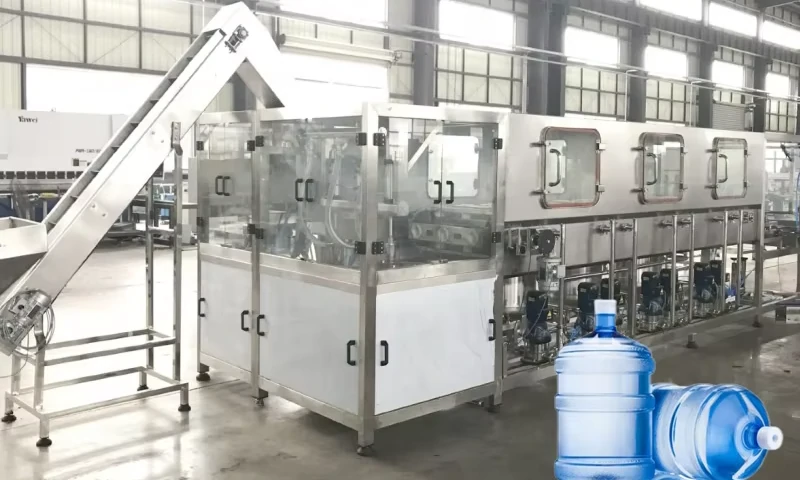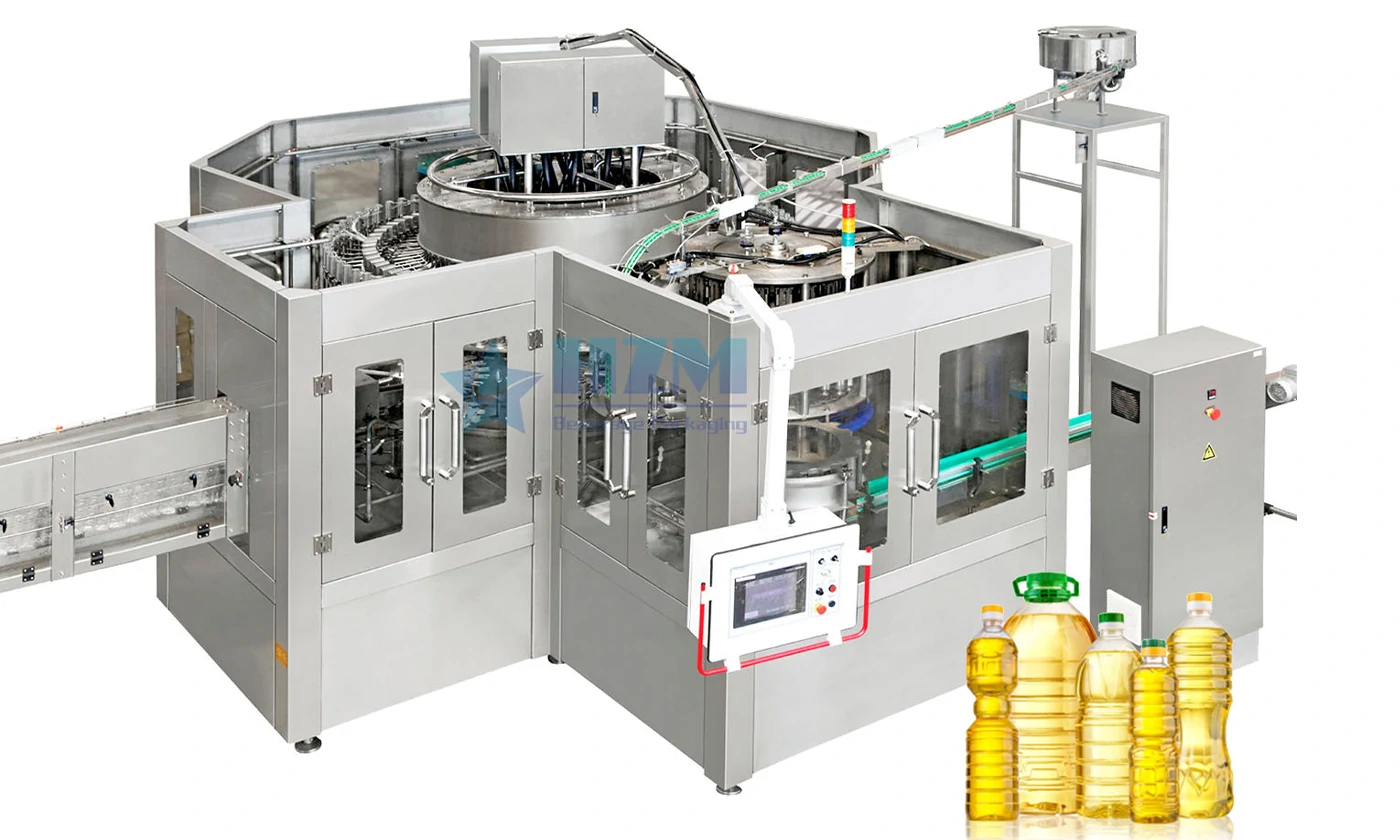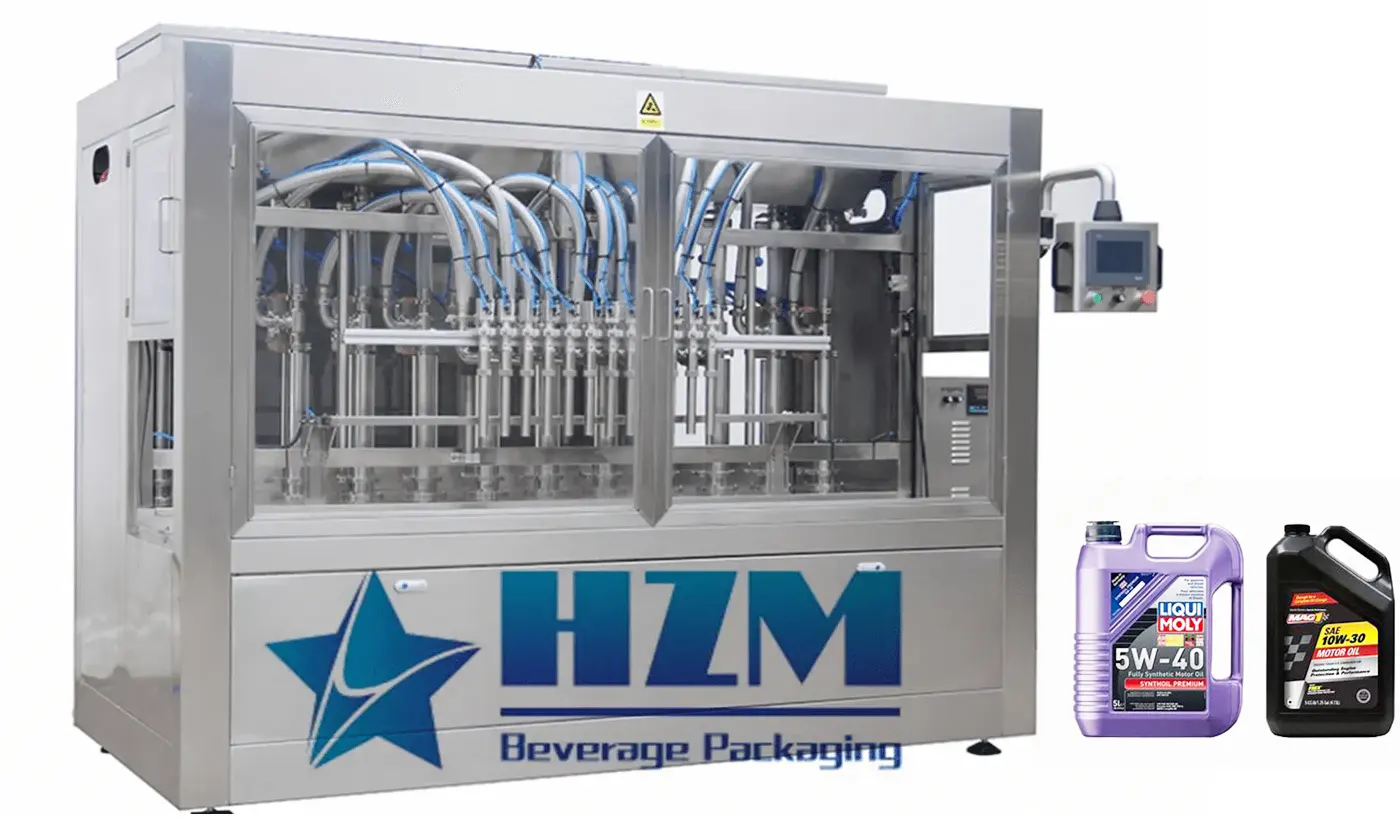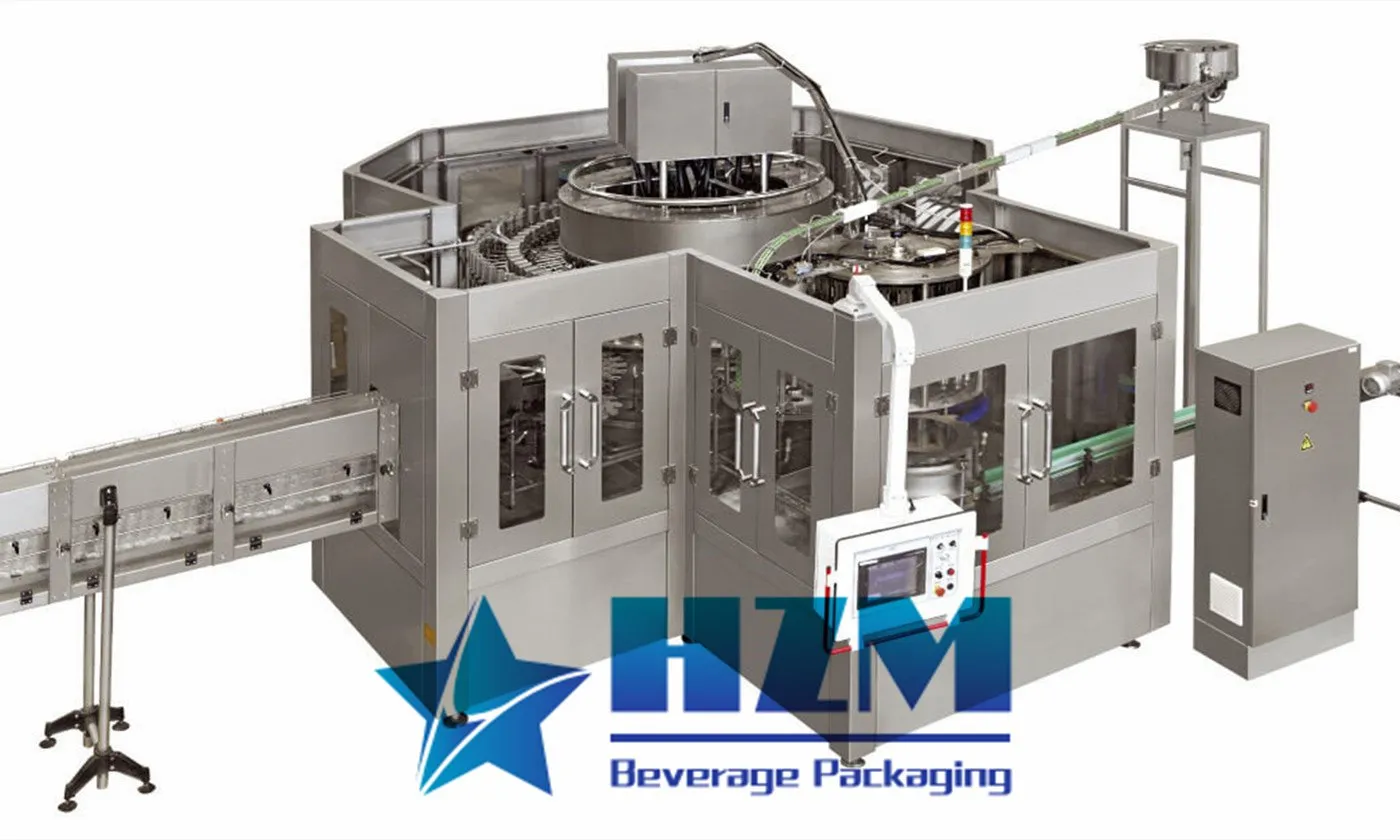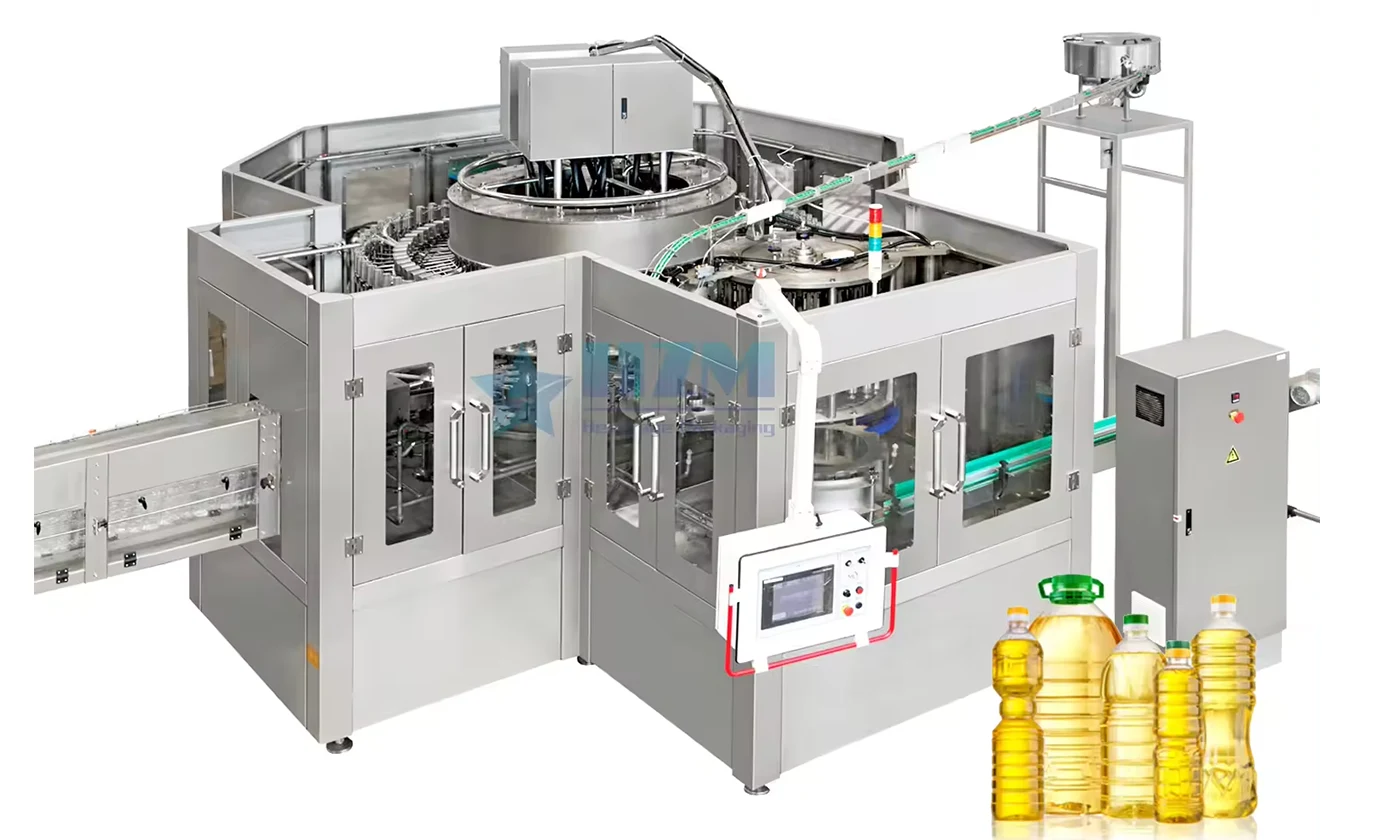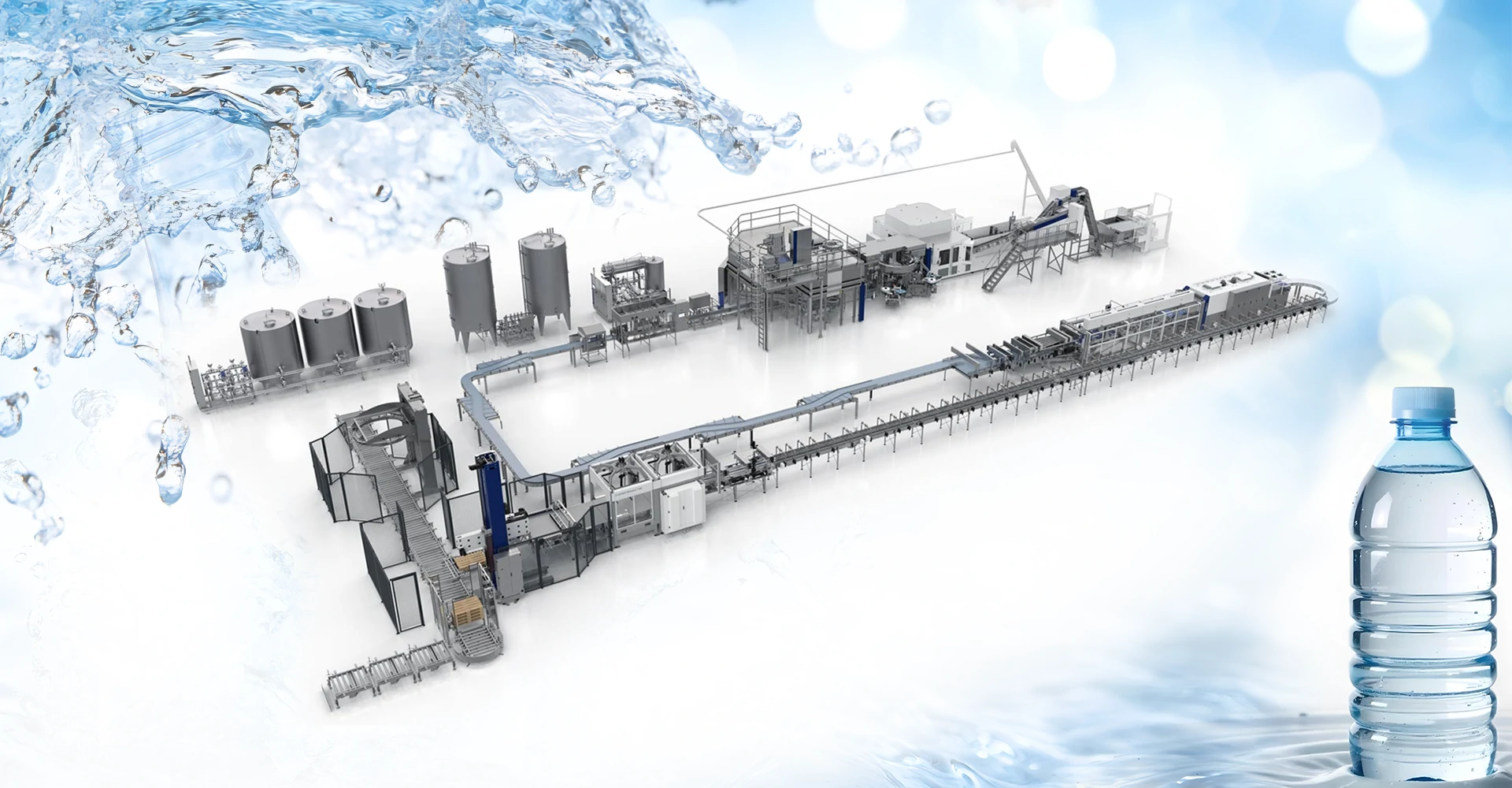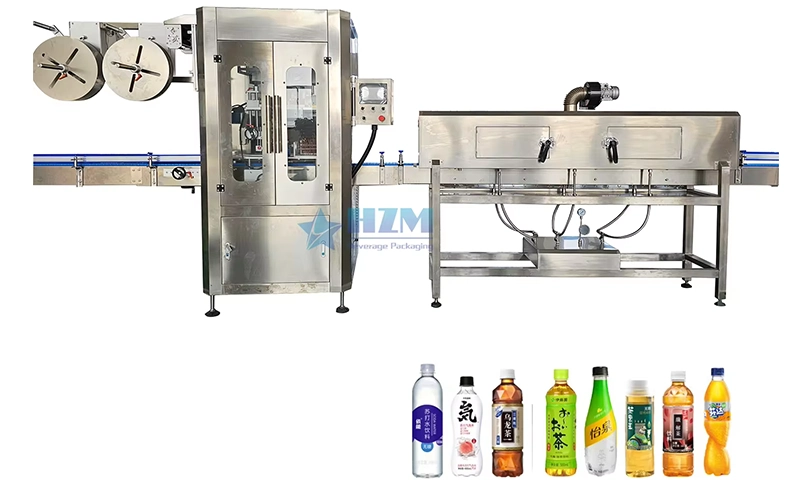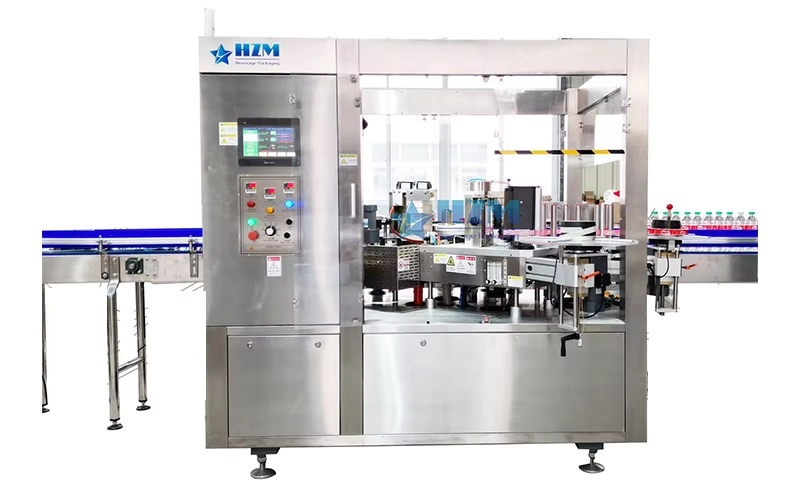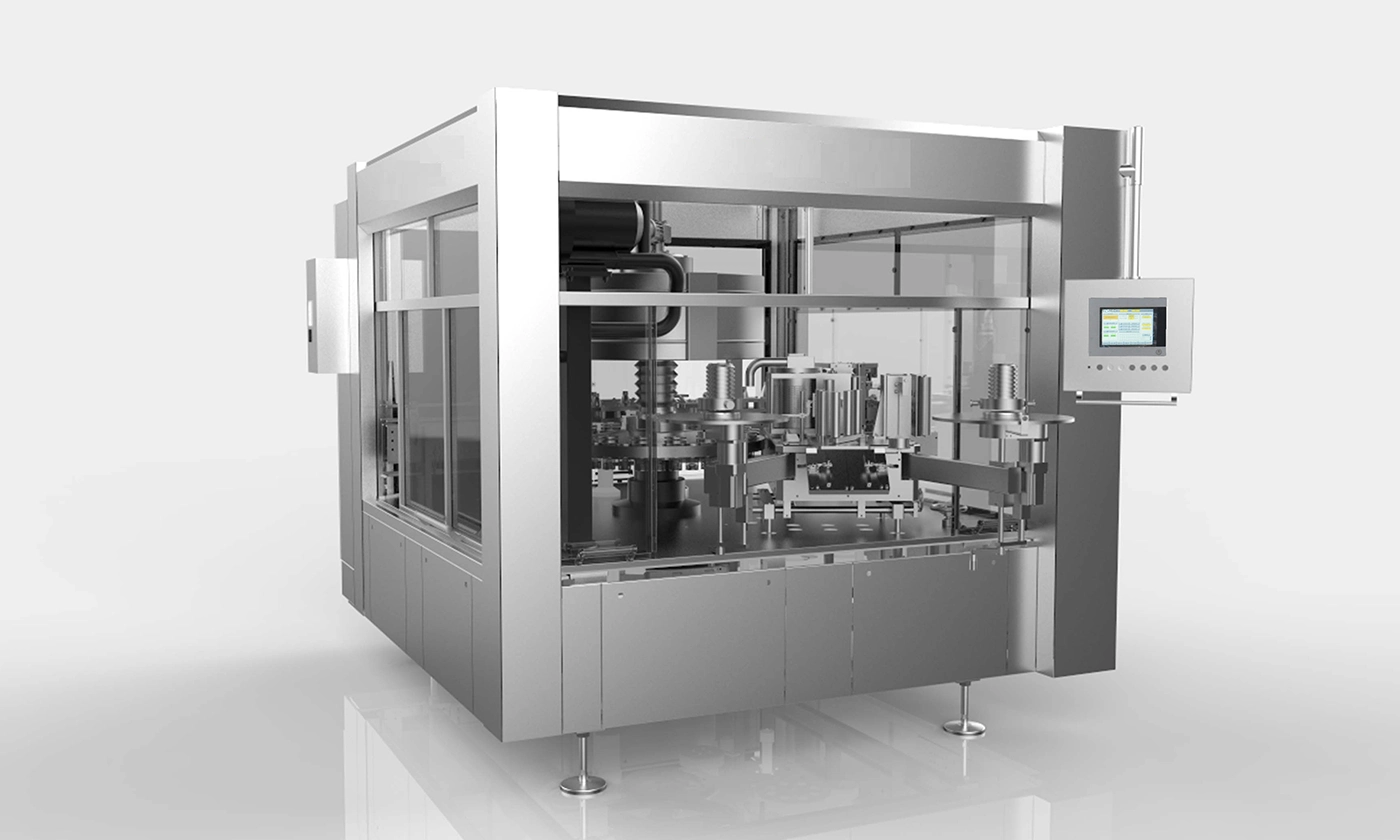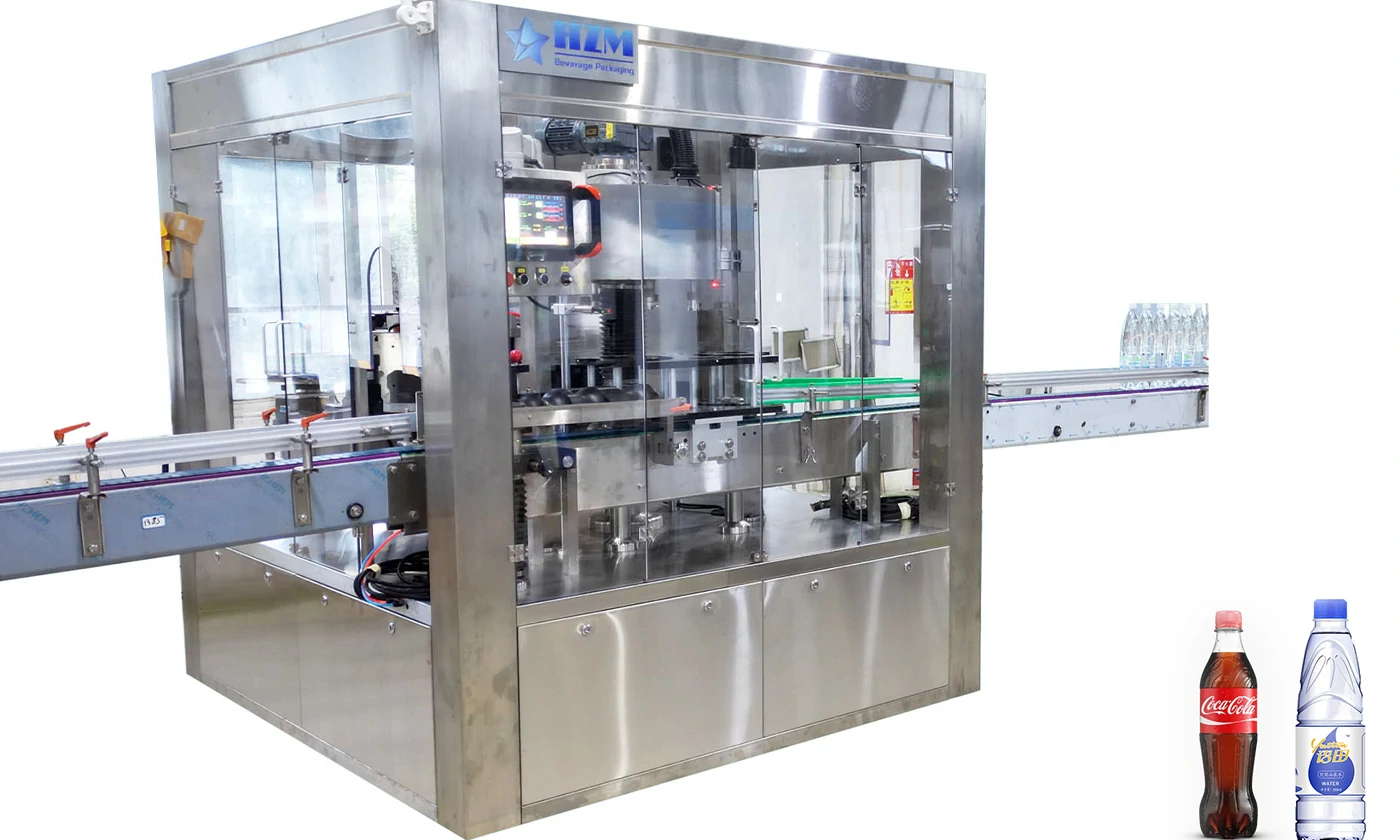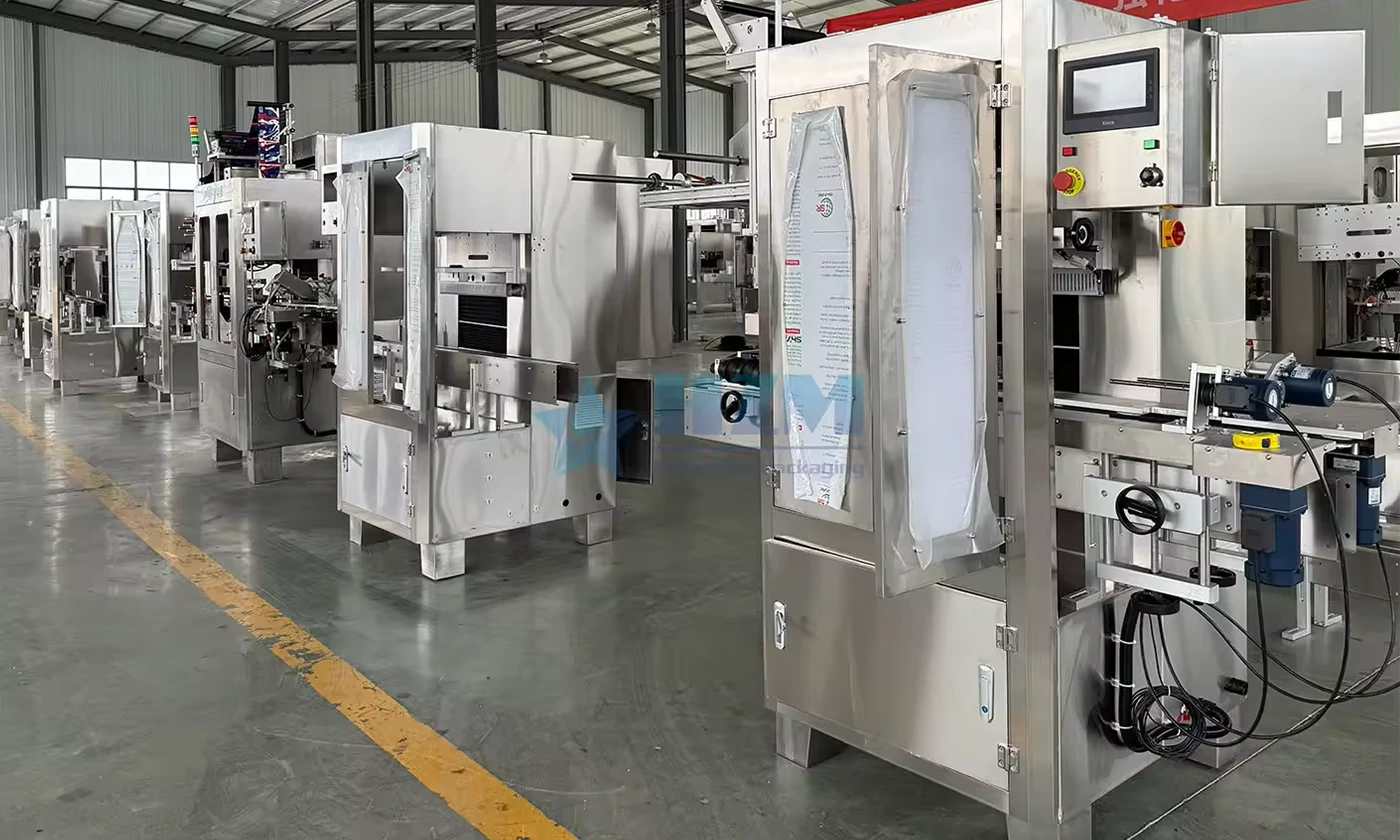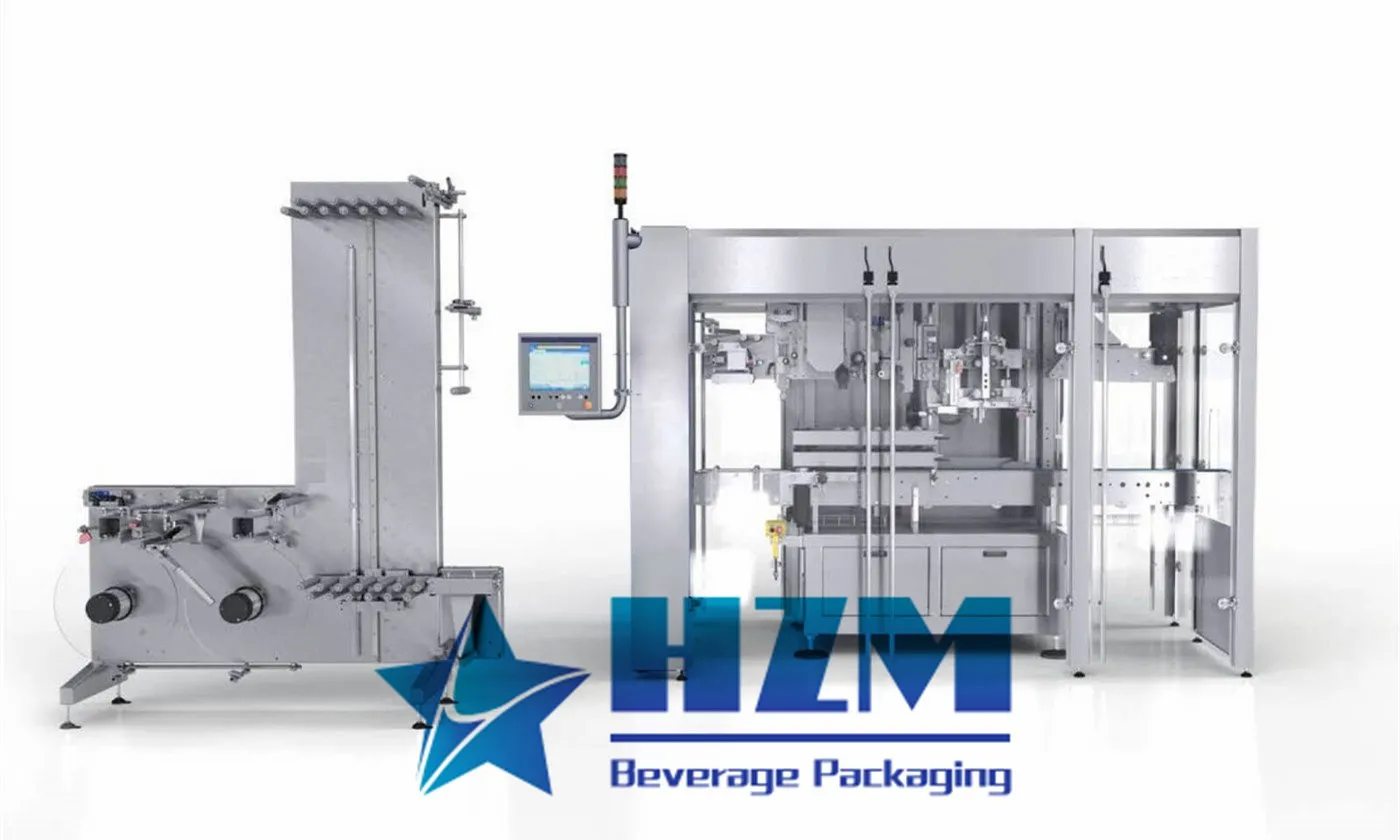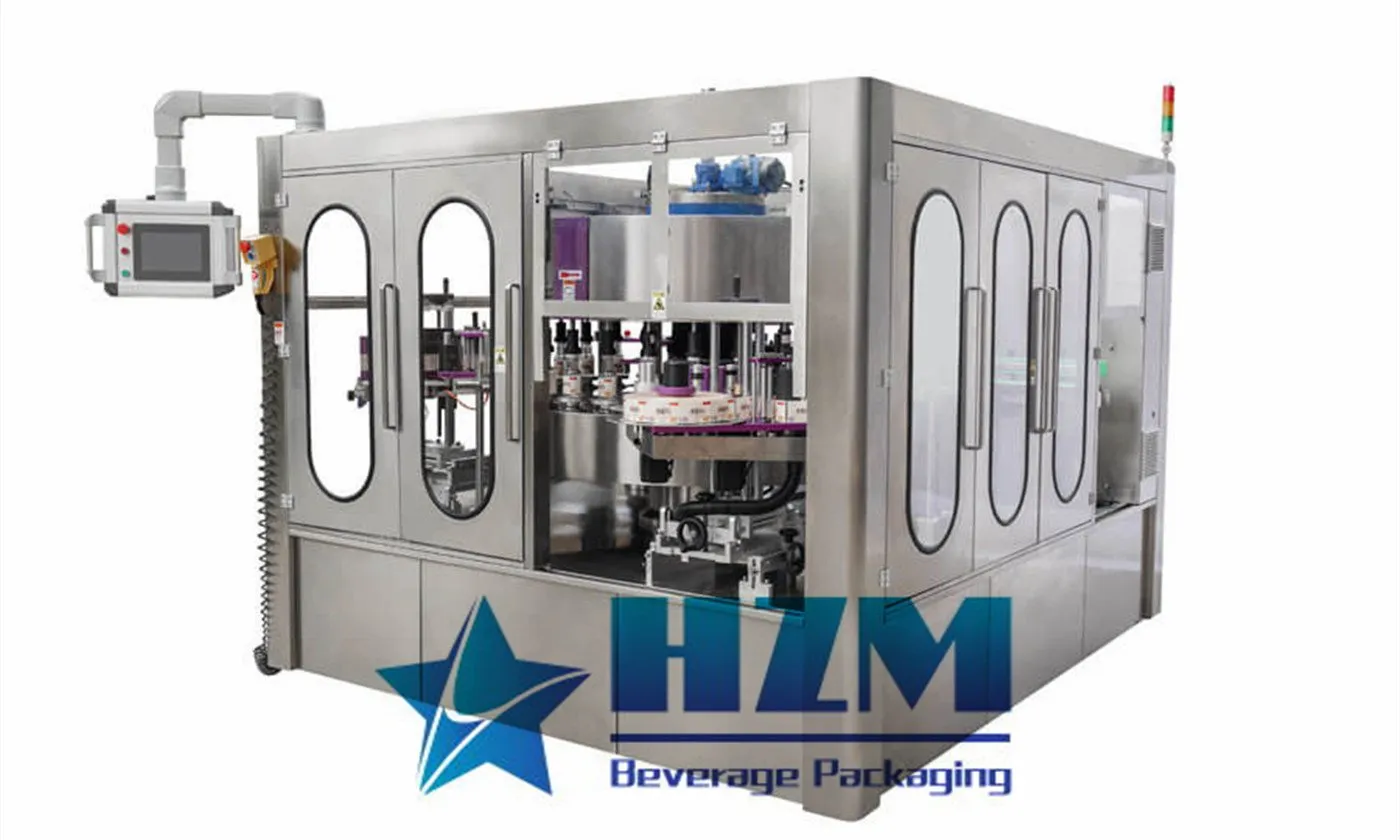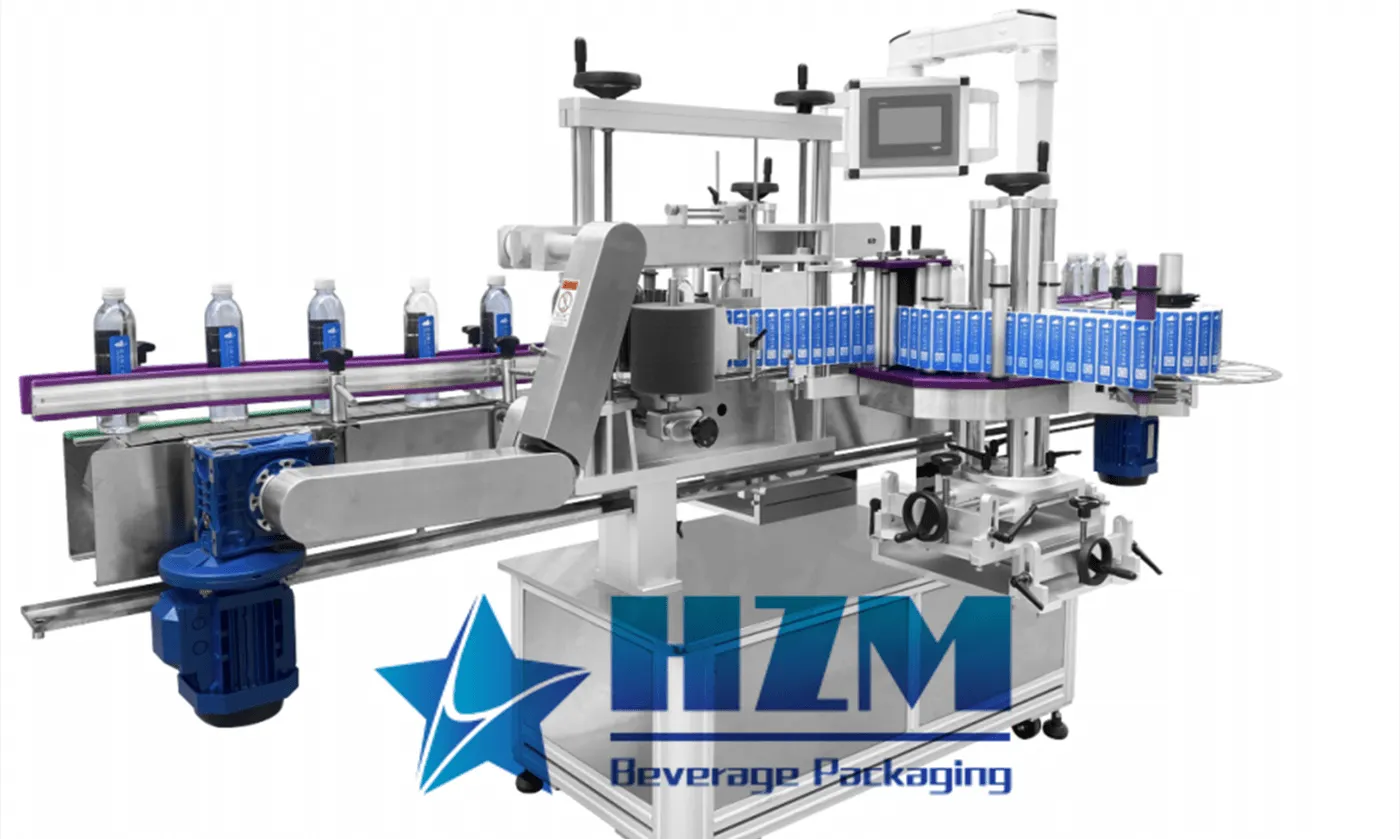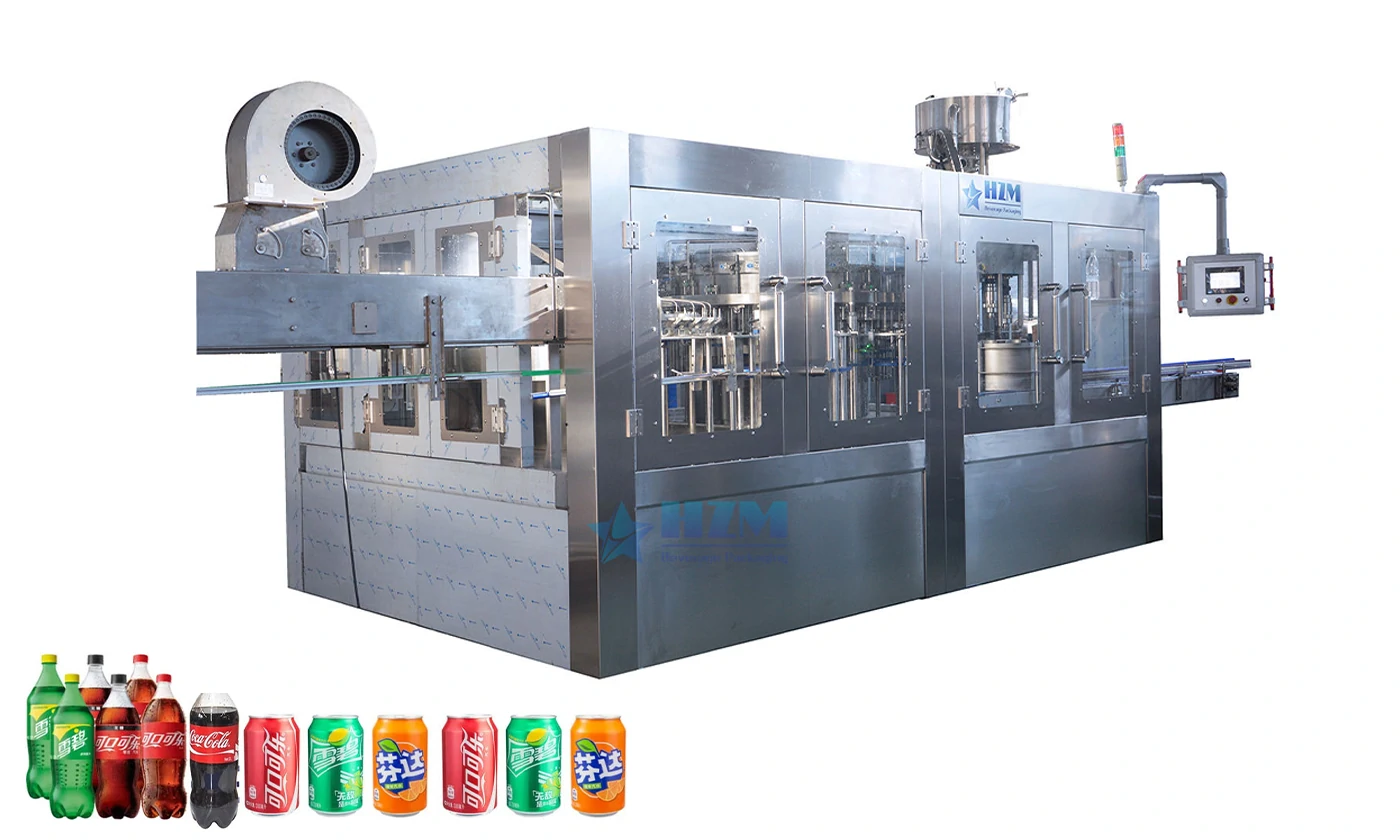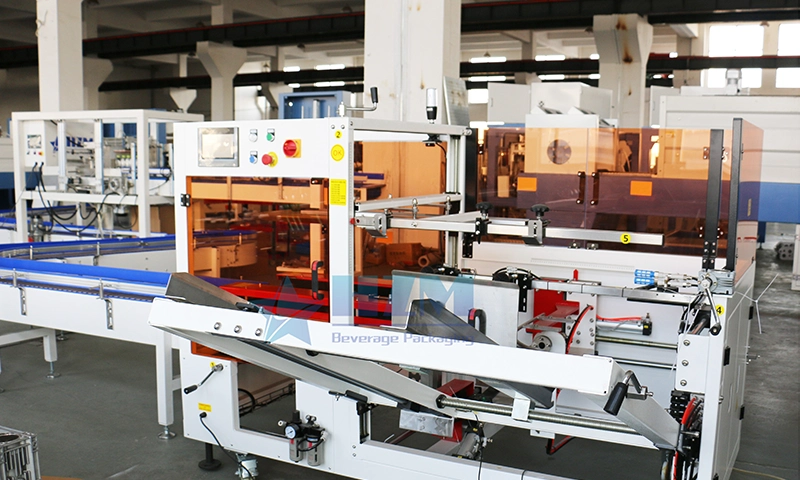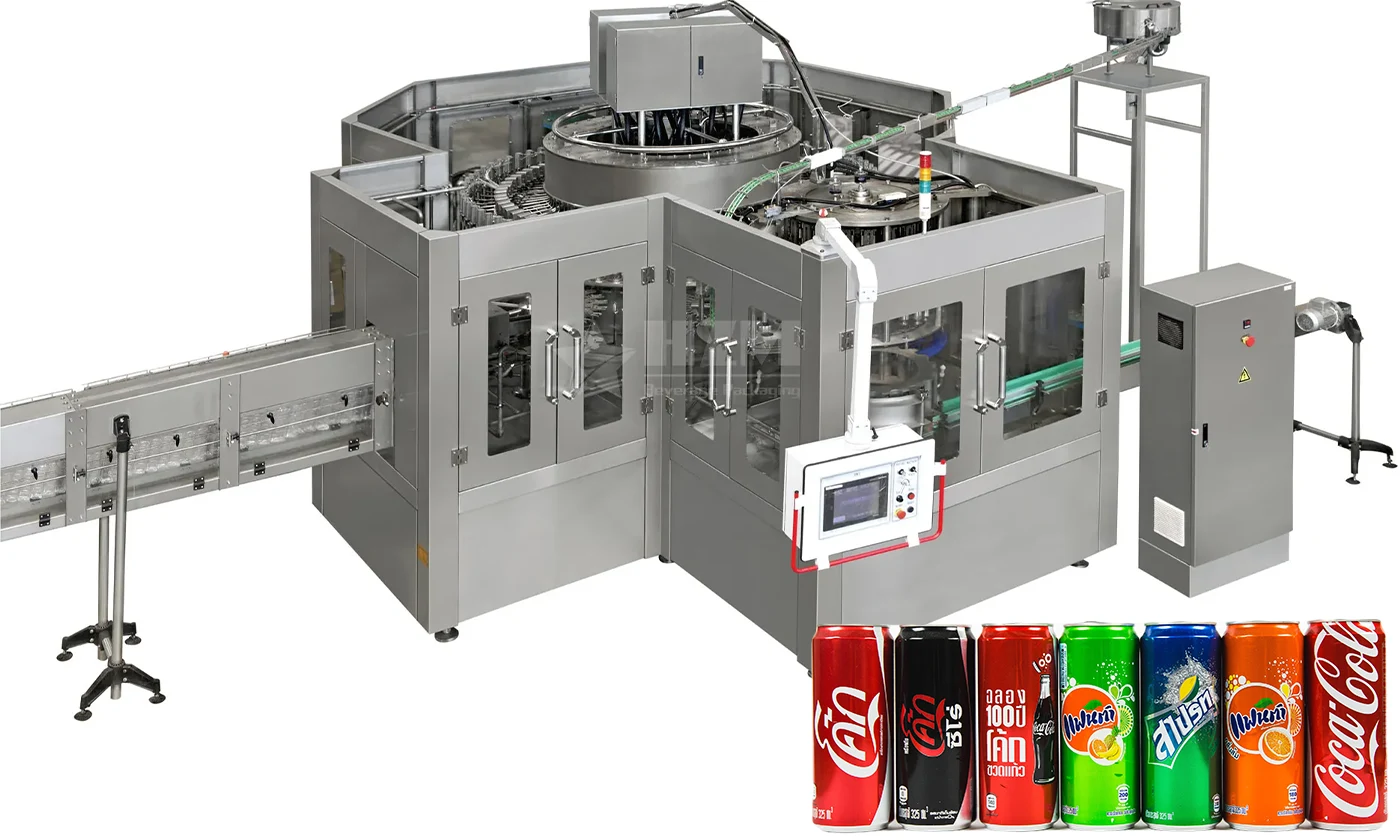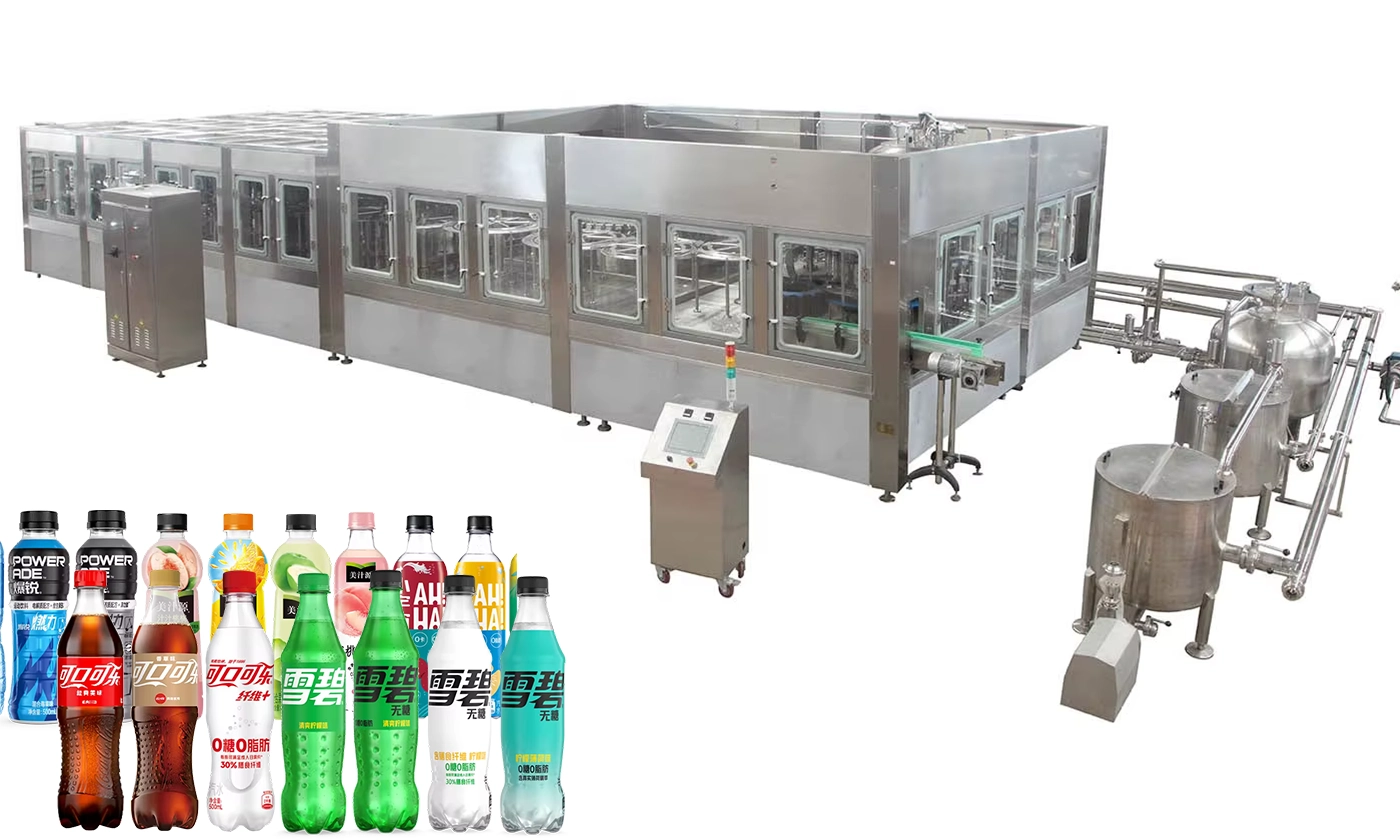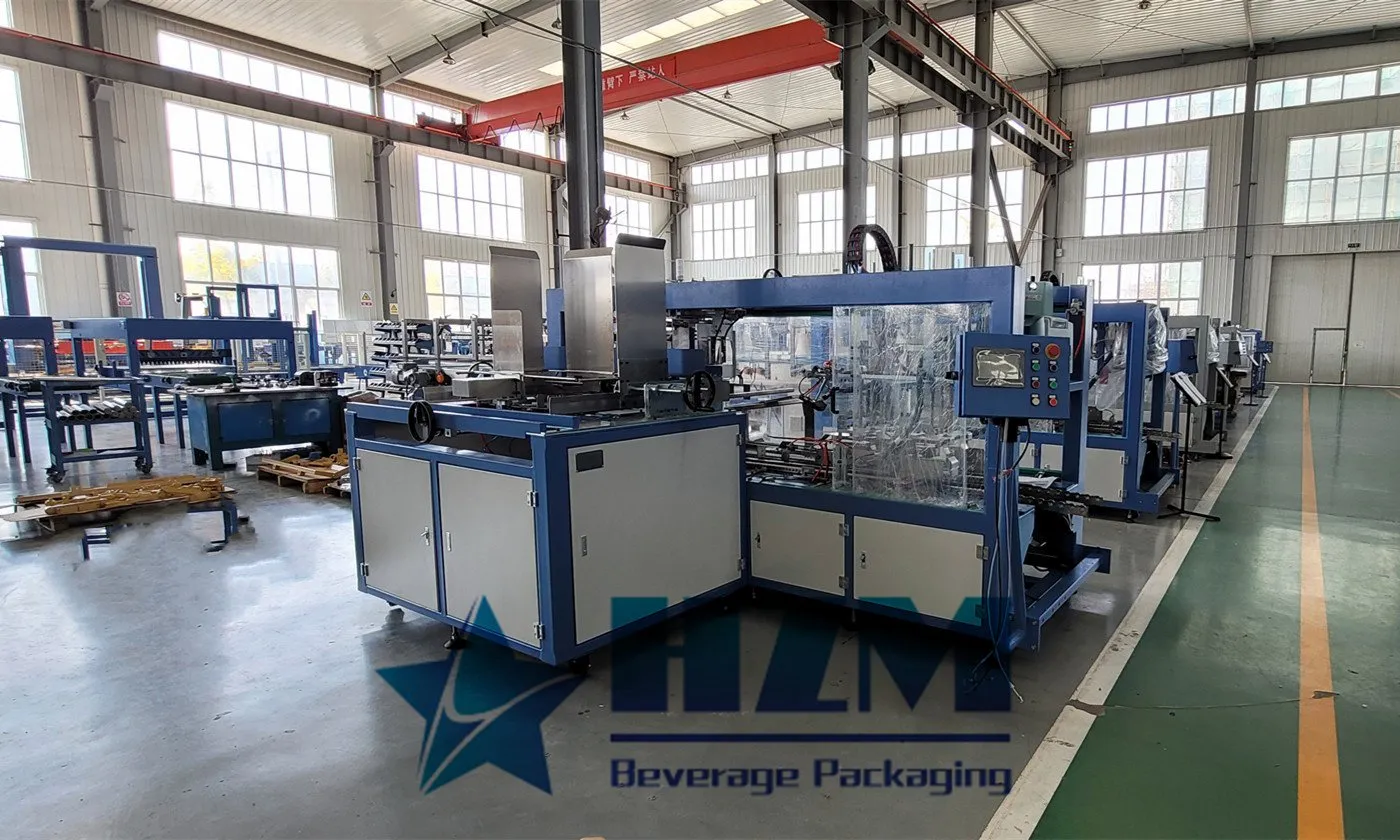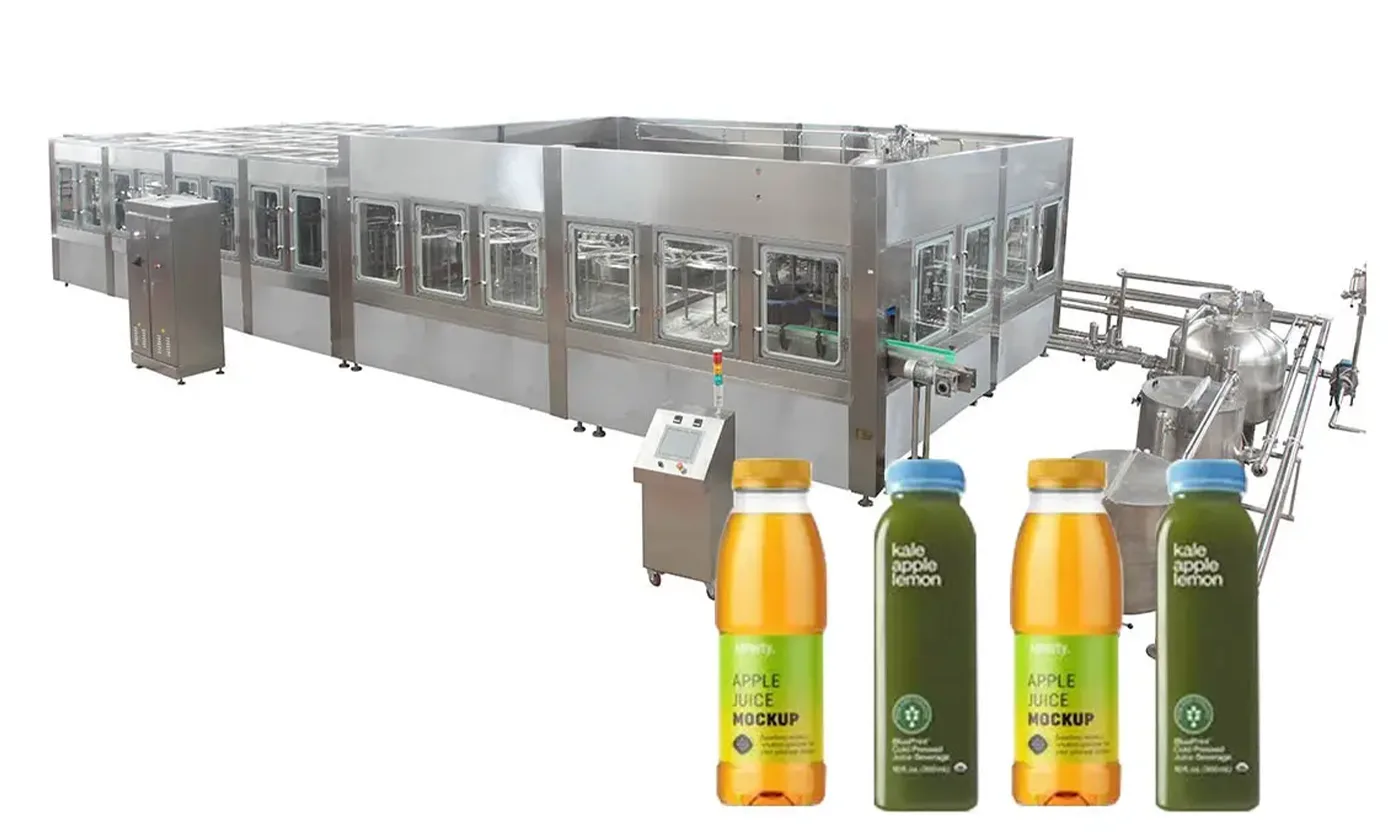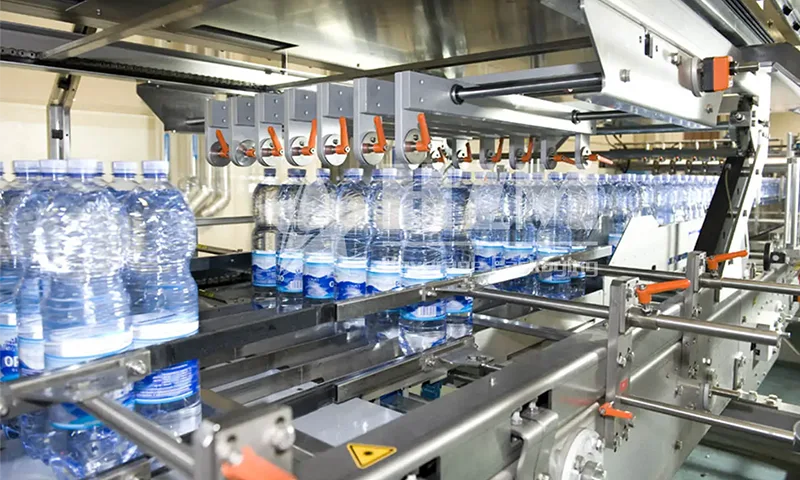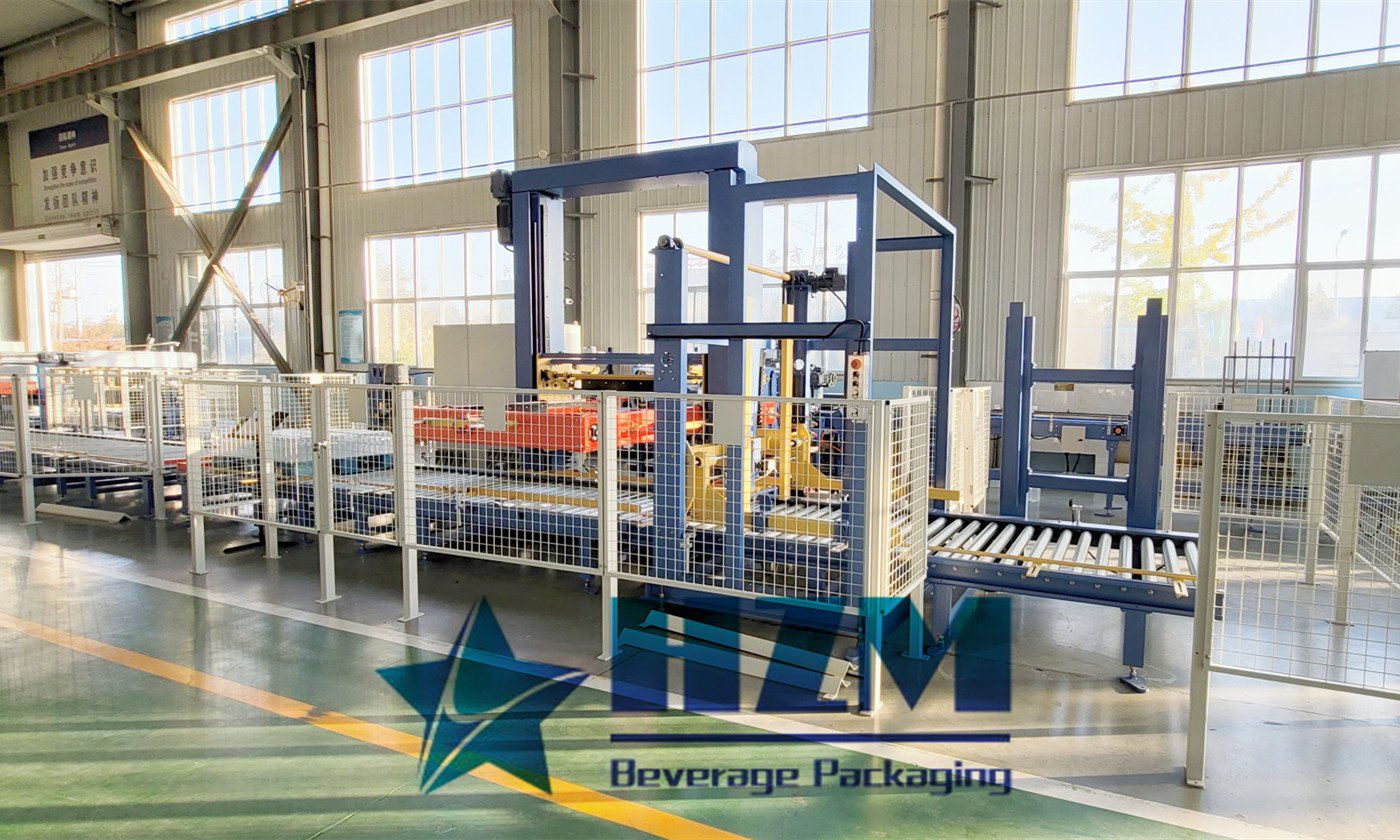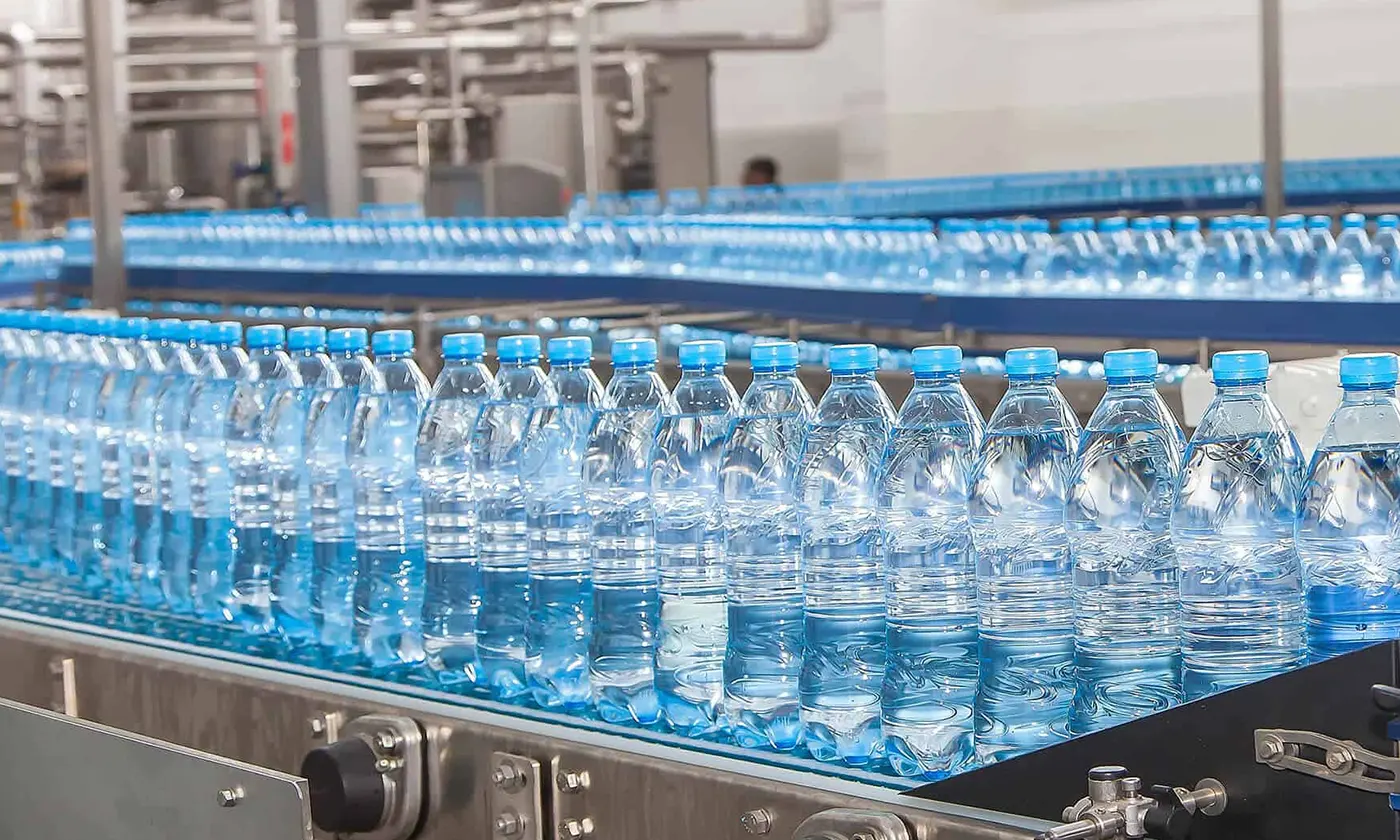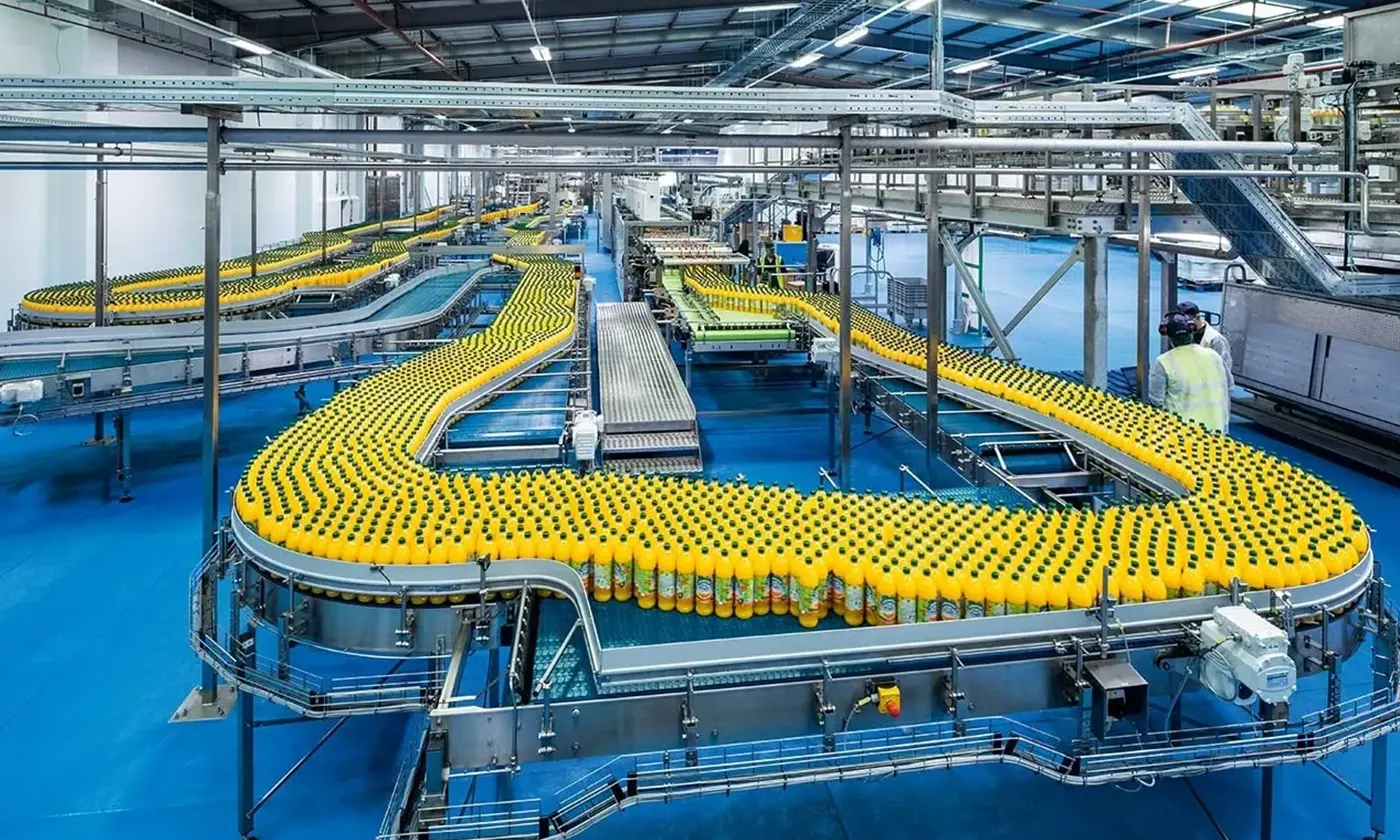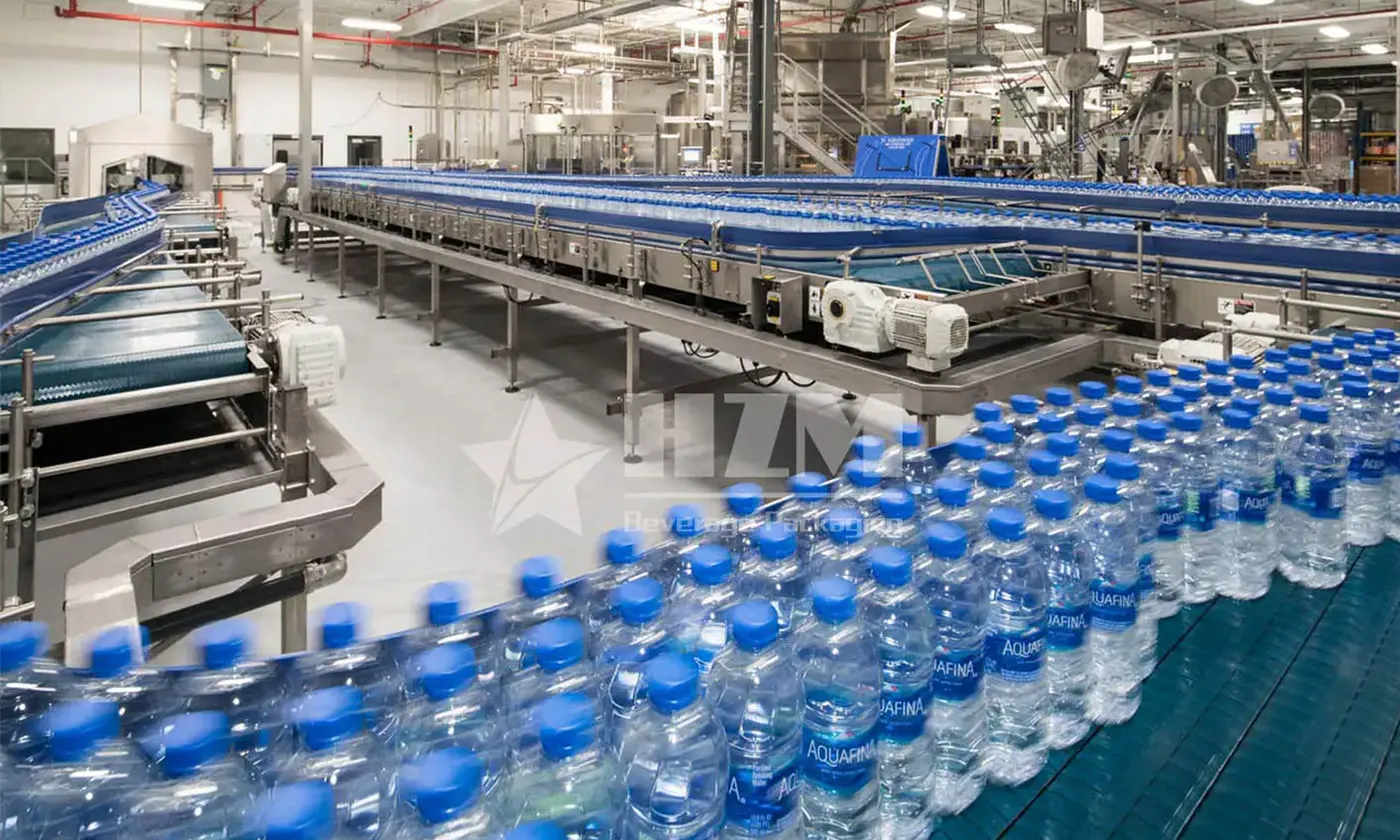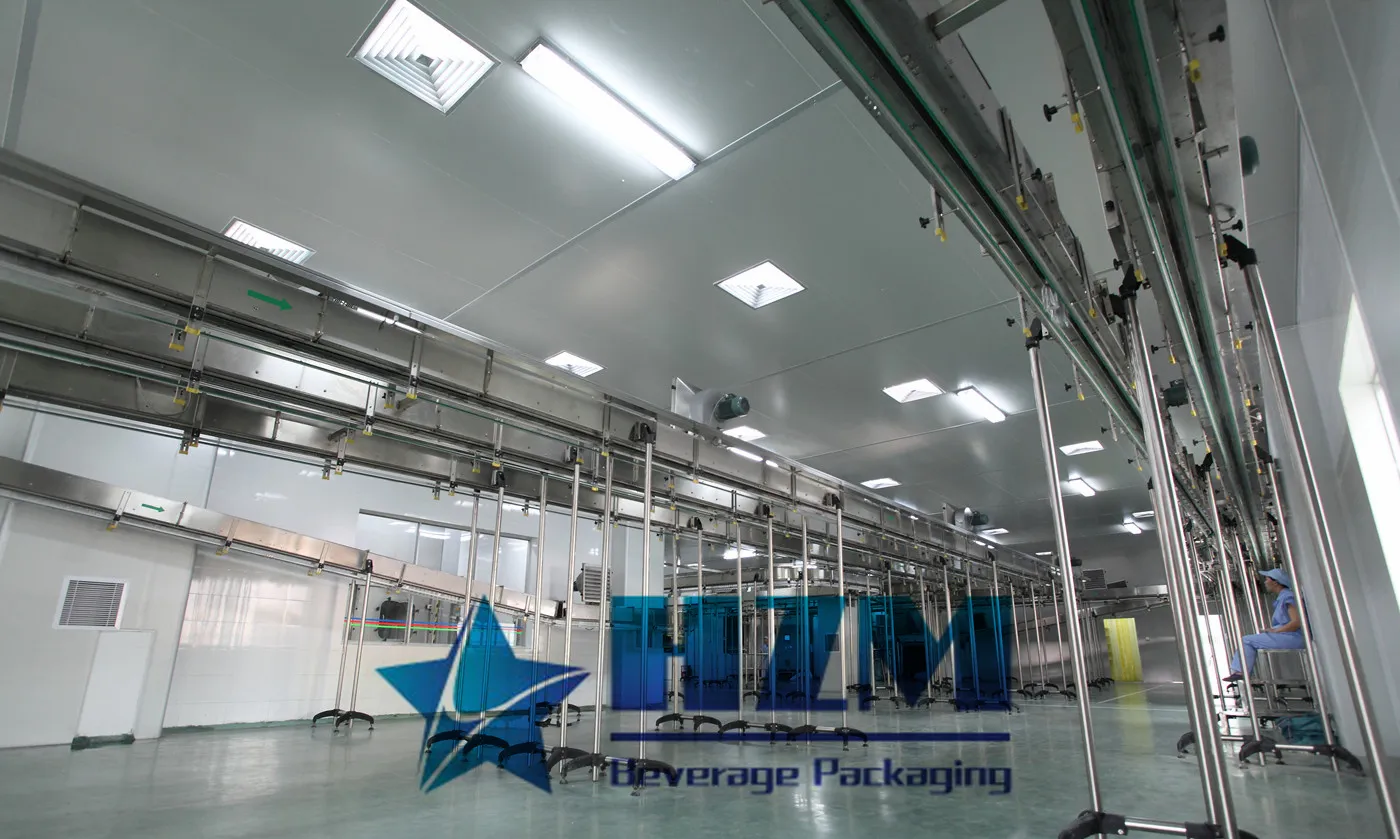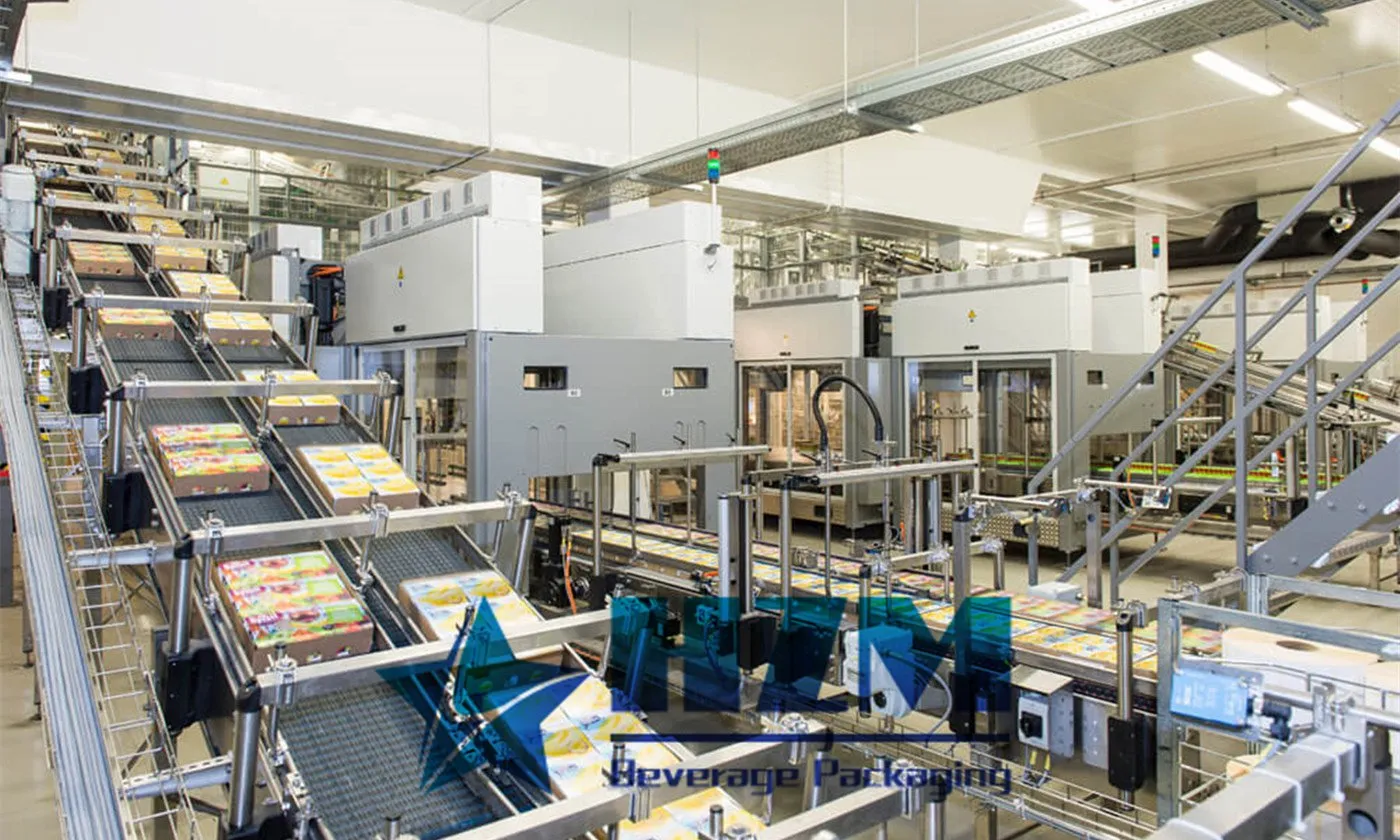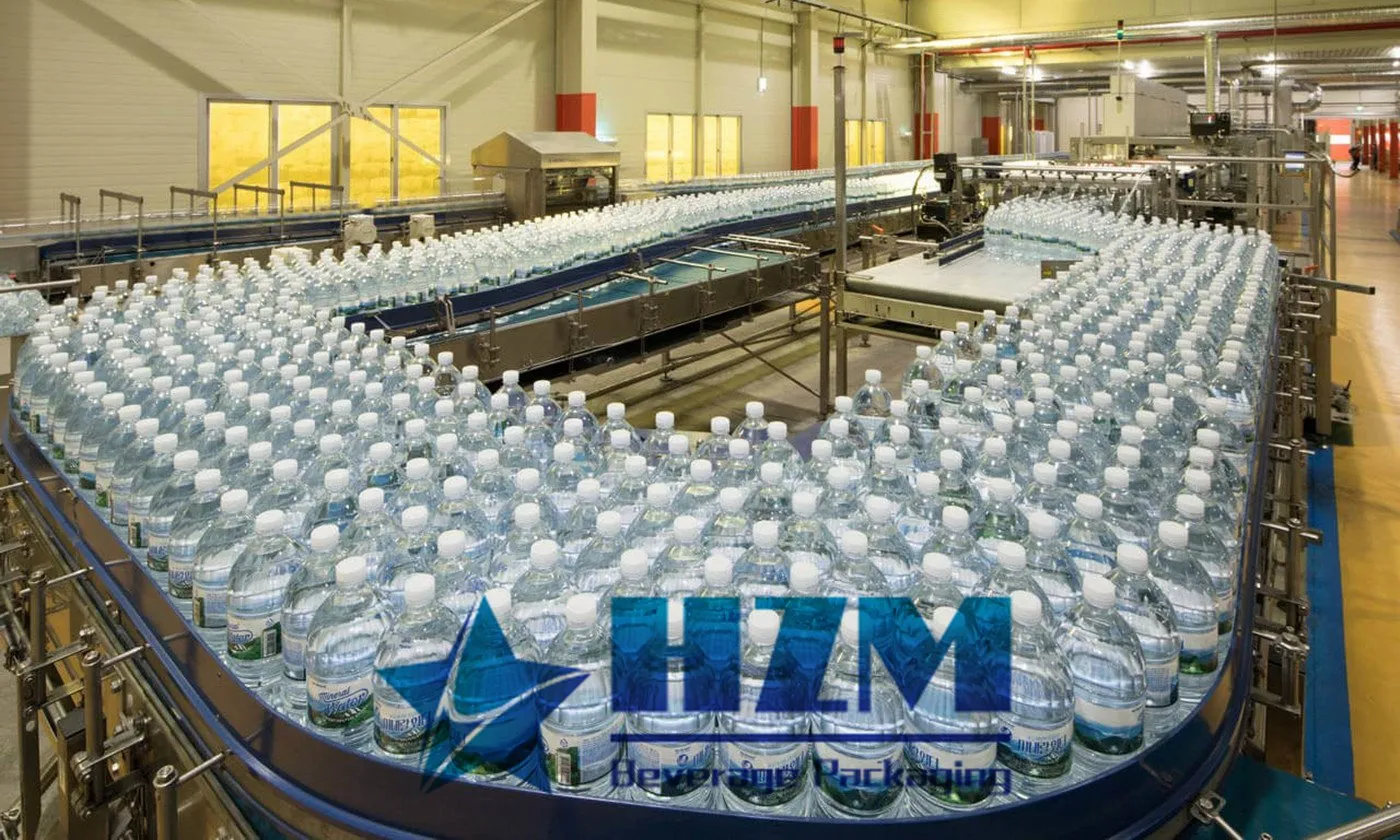How to treat the wastewater from a carbonated beverage production plant ?
Carbonated beverages come in various types, including fruit juice, cola, energy drinks, and fruit-flavored drinks. They are popular among young people and children, especially at mealtimes. Common carbonated beverages include cola, Sprite, and other similar soft drinks.
According to reliable data, China's beverage production volume was nearly 200 million tons from January to October 2022, with carbonated beverages accounting for about 15% of the total. When building a carbonated beverage production facility, what factors should be considered in addition to the production equipment?
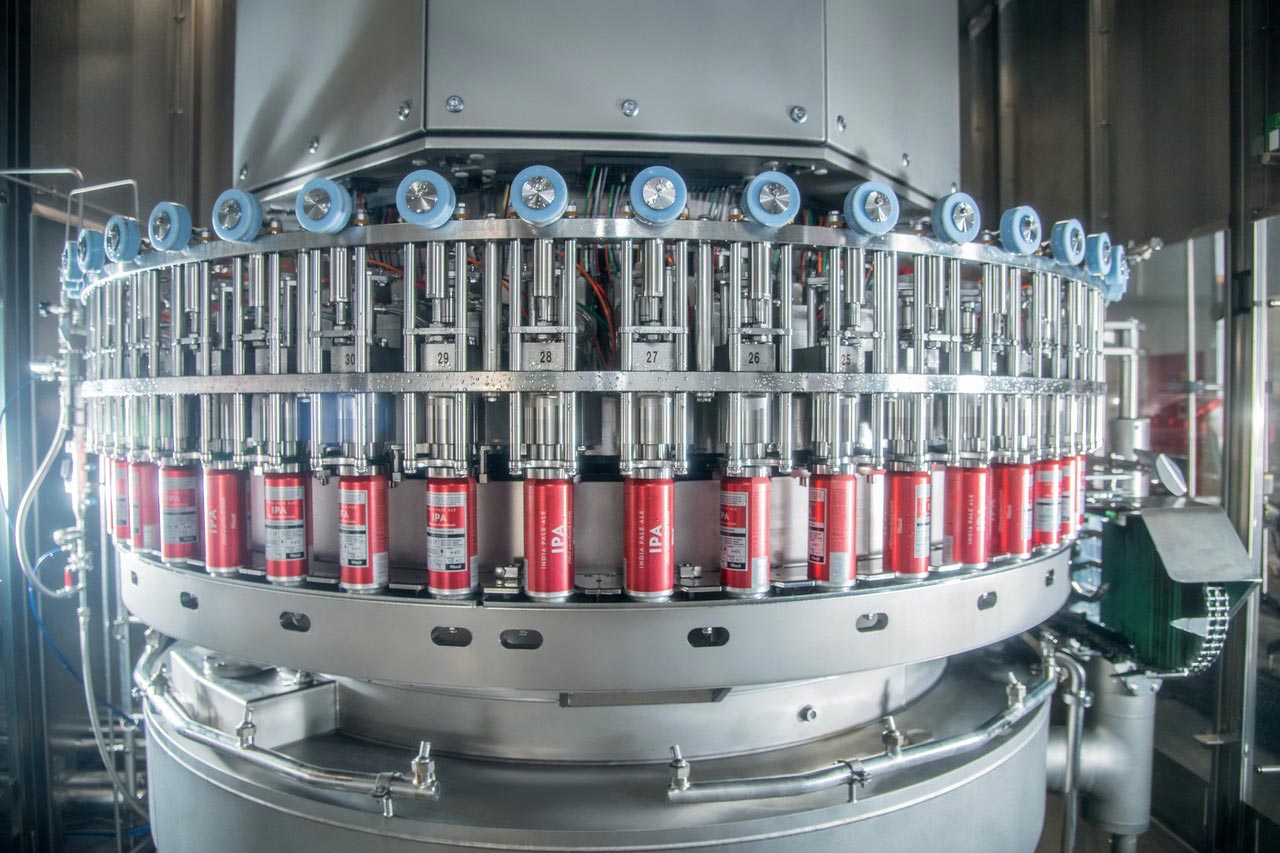
Carbonated Beverage Production
Compared to other industries, carbonated beverage production is relatively simple and mainly involves processes such as pure water preparation, raw material mixing, filling, packaging, sterilization, and washing.
Pure water preparation is usually carried out using reverse osmosis water treatment equipment, which removes impurities such as bacteria, minerals, color and odor, and heavy metals from wastewater, thus achieving water purification.
Sterilization is necessary after production ends, and regular disinfectant treatment is required for equipment and pipelines to kill microorganisms such as bacteria, fungi, and viruses.
Based on the above carbonated beverage production process, it is inevitable that wastewater will be produced during the production process, and the management of this wastewater is crucial.
Carbonated Beverage Production Line
The COD concentration of carbonated beverage production wastewater is about 2000mg/L, and it also contains some SS pollutants, with a concentration of about 500mg/L. The treatment of carbonated beverage production wastewater can be mainly based on biochemical treatment, with other methods as auxiliary.
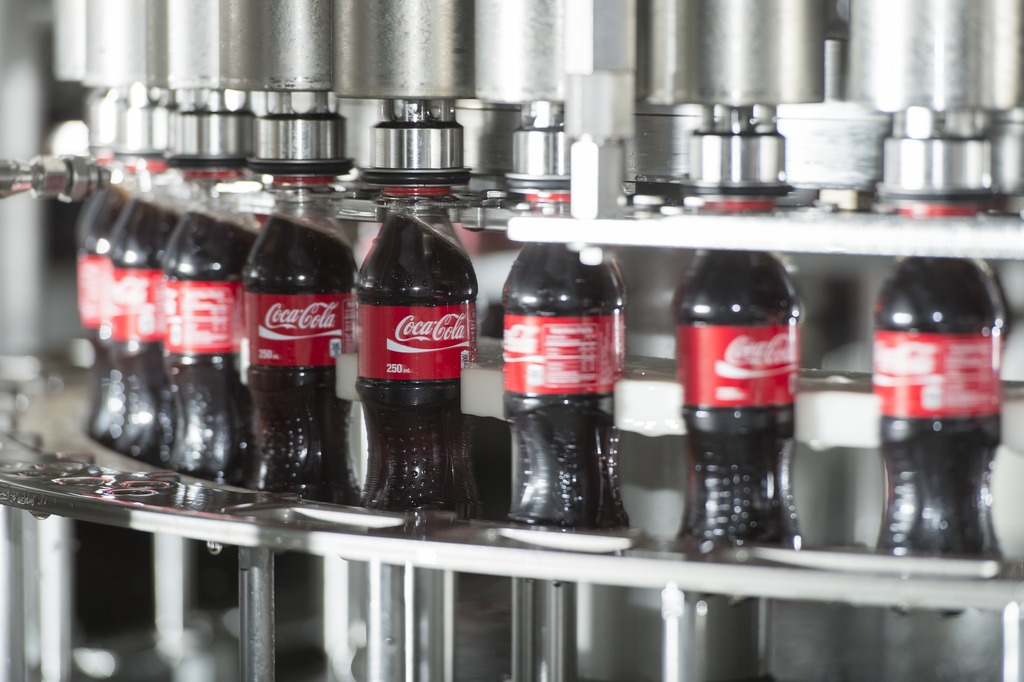
Wastewater Treatment
In addition to pure water preparation wastewater and disinfection wastewater, carbonated beverage production wastewater also includes bottle washing wastewater, boiler wastewater, and workshop cleaning wastewater. Although these types of wastewater are suitable for biochemical treatment, they do contain nitrogen, phosphorus, and other substances, requiring the addition of nutrients during treatment.
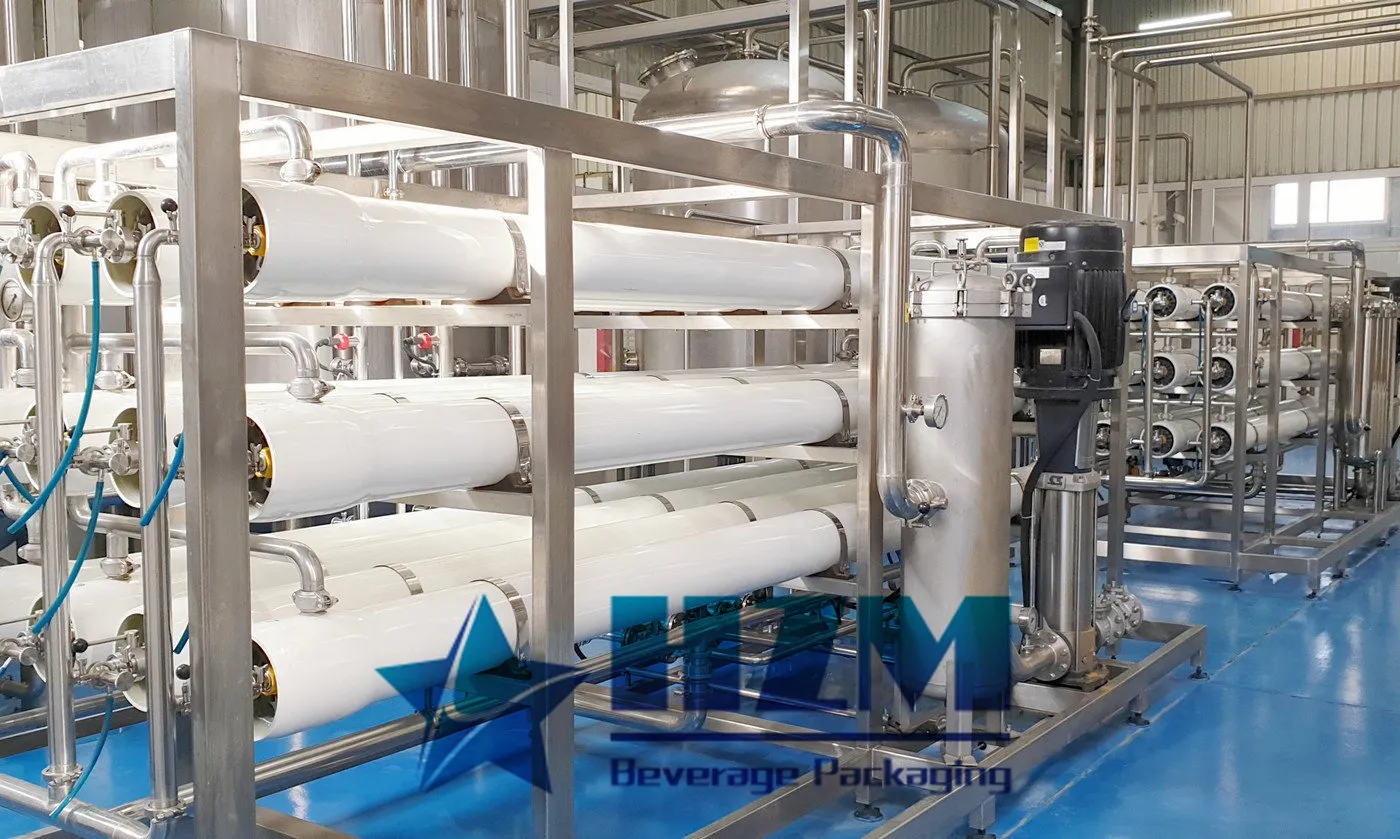
The pretreatment system of carbonated beverage production wastewater includes screening, sedimentation tank, and regulating tank. The regulating tank not only adjusts the water quality and quantity but also adds nutrients.
High-concentration carbonated beverage production wastewater can be treated by anaerobic biological treatment and aerobic biological treatment, such as UASB+SBR. Anaerobic treatment can degrade most of the organic matter, which is conducive to aerobic biological treatment.
In practice, the selection of wastewater treatment methods can be based on the actual situation of the carbonated beverage production facility, with the aim of achieving stable and standard wastewater discharge while minimizing costs and reducing land use.
With the changes in the market, more diverse carbonated beverages are being produced, such as sparkling water and functional beverages, but they also face similar wastewater treatment issues. If there are any questions regarding wastewater treatment, please feel free to contact us.
TAG:
PREVIOUS : Water Treatment System
NEXT : Water Softener Filter System
-
![Beverage Packaging Machine for Juice, Soft Drinks, Carbonated Drinks, and Energy Drink]()
Beverage Packaging Machine for Juice, Soft Drinks, Carbonated Drinks, and Energy Drink
-
![Glass Bottle CSD & Water Drinks Filling Machine]()
Glass Bottle CSD & Water Drinks Filling Machine
-
![Automatic 5 Gallon Water Filling Line | 3-5 Gallon Bottled Water Production Line Manufacturer]()
Automatic 5 Gallon Water Filling Line | 3-5 Gallon Bottled Water Production Line Manufacturer
-
![Automatic PET Bottle Blowing Filling Capping Machine – Best price beverage machinery]()
Automatic PET Bottle Blowing Filling Capping Machine – Best price beverage machinery
-
![PET Bottle Edible Oil Bottling Line | Automatic Rotary Type Edible Oil Filling Machine]()
PET Bottle Edible Oil Bottling Line | Automatic Rotary Type Edible Oil Filling Machine


